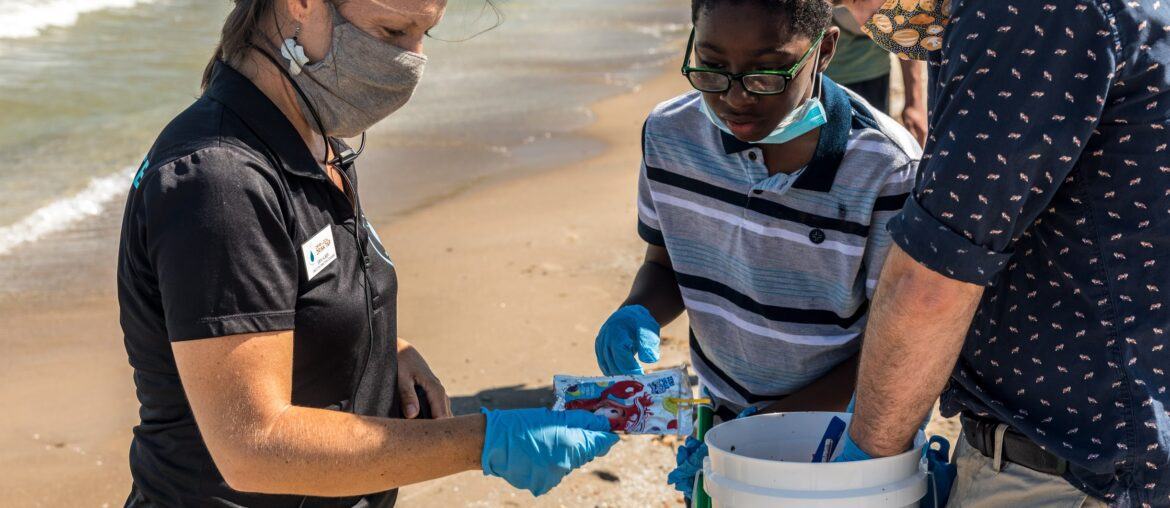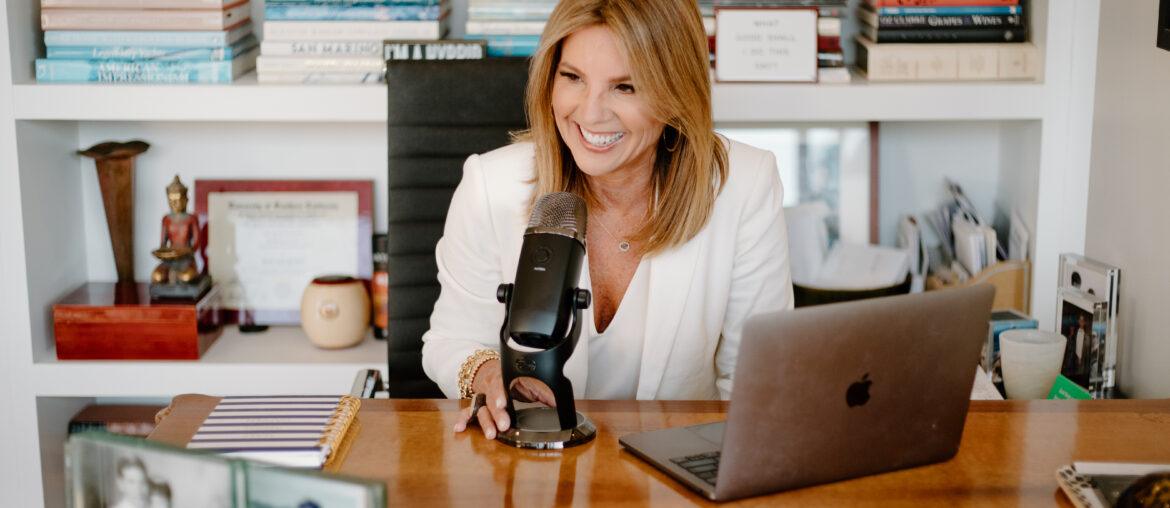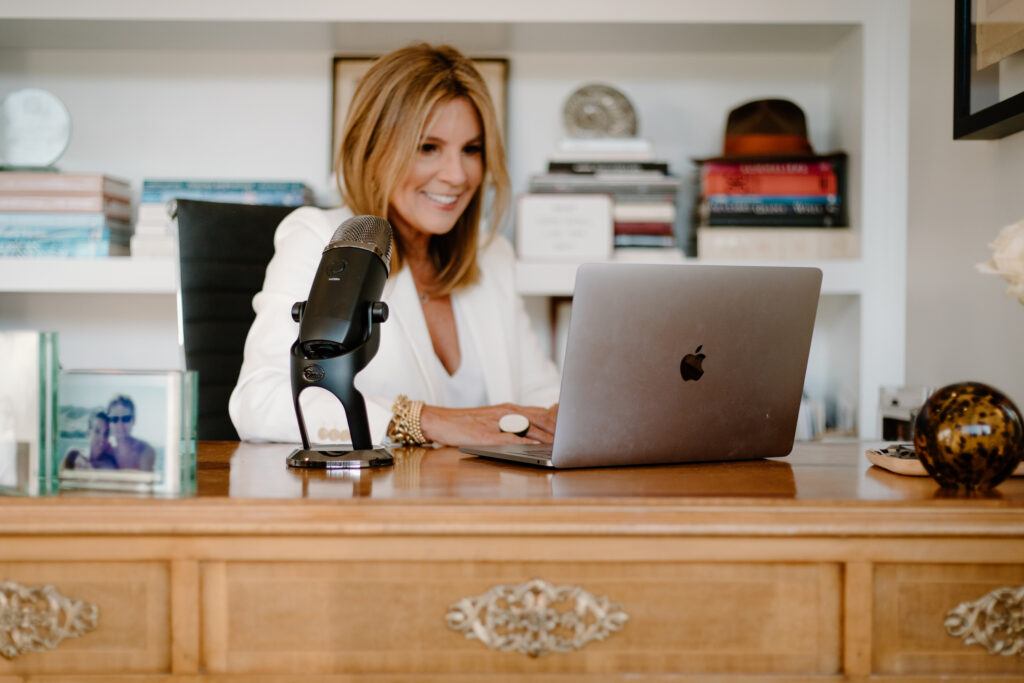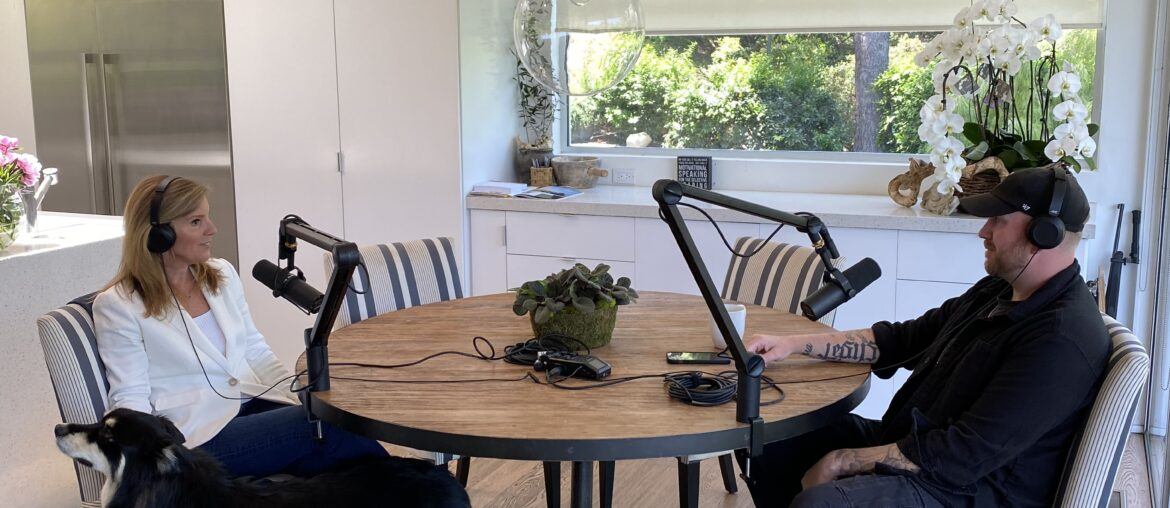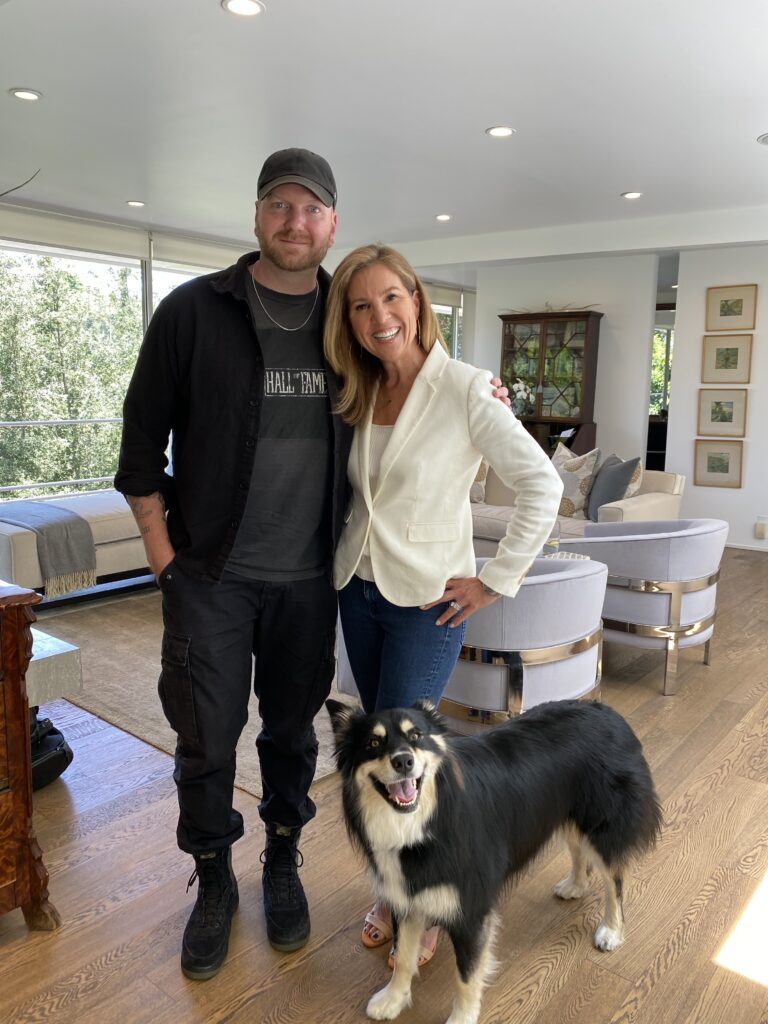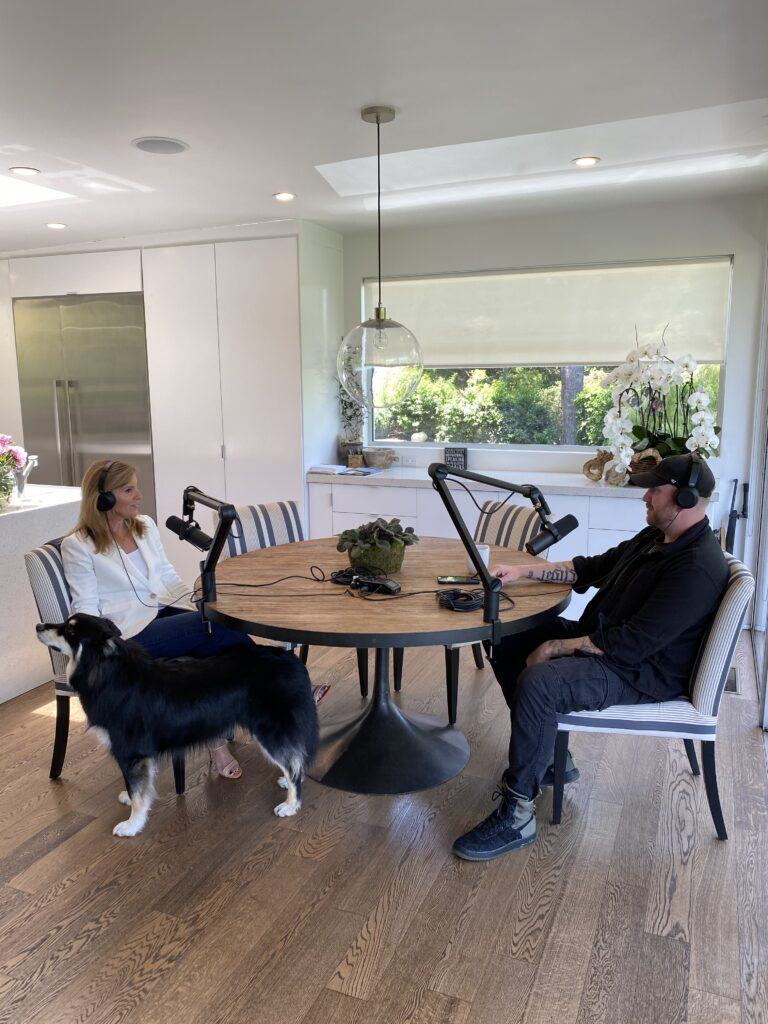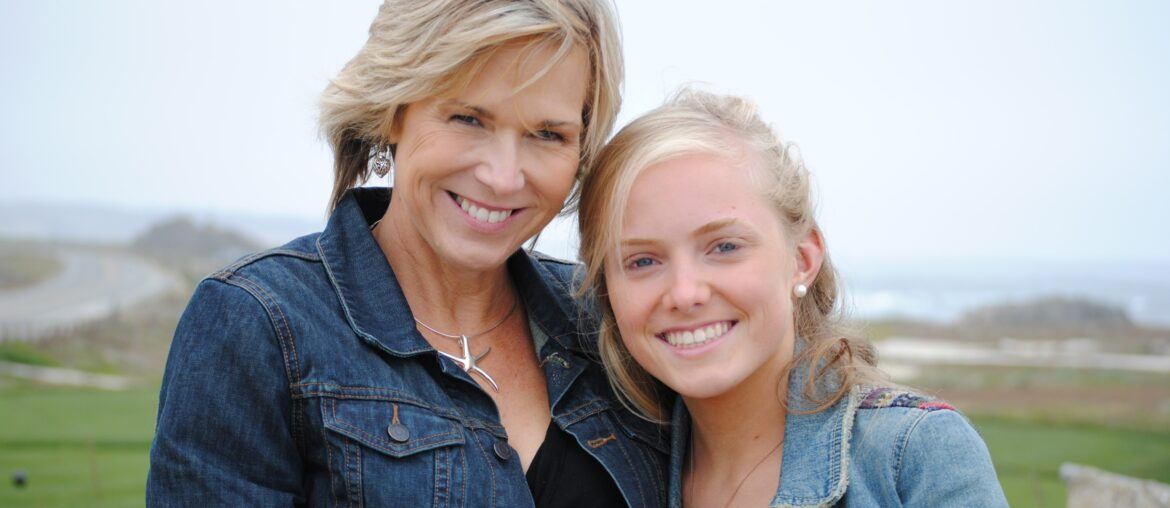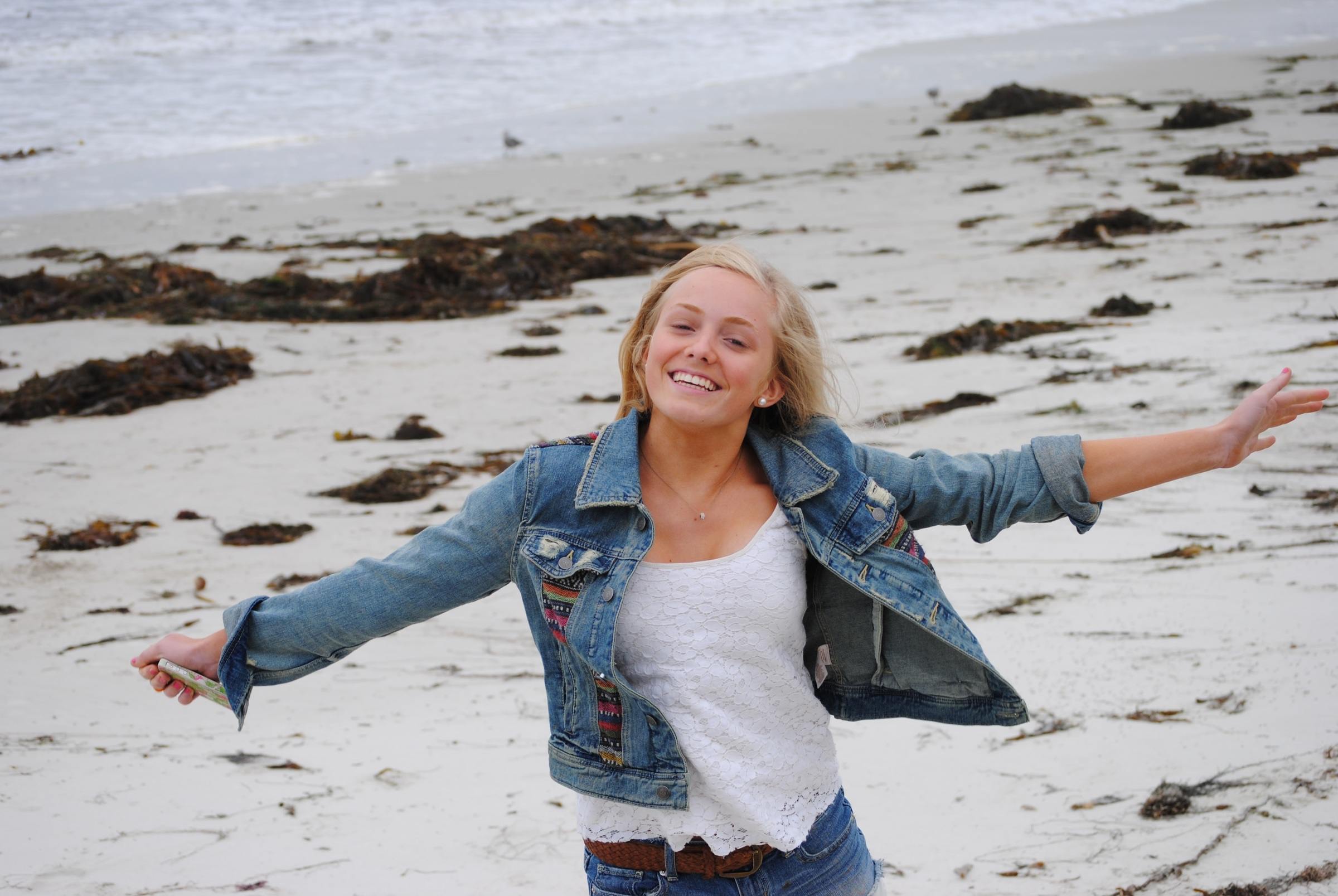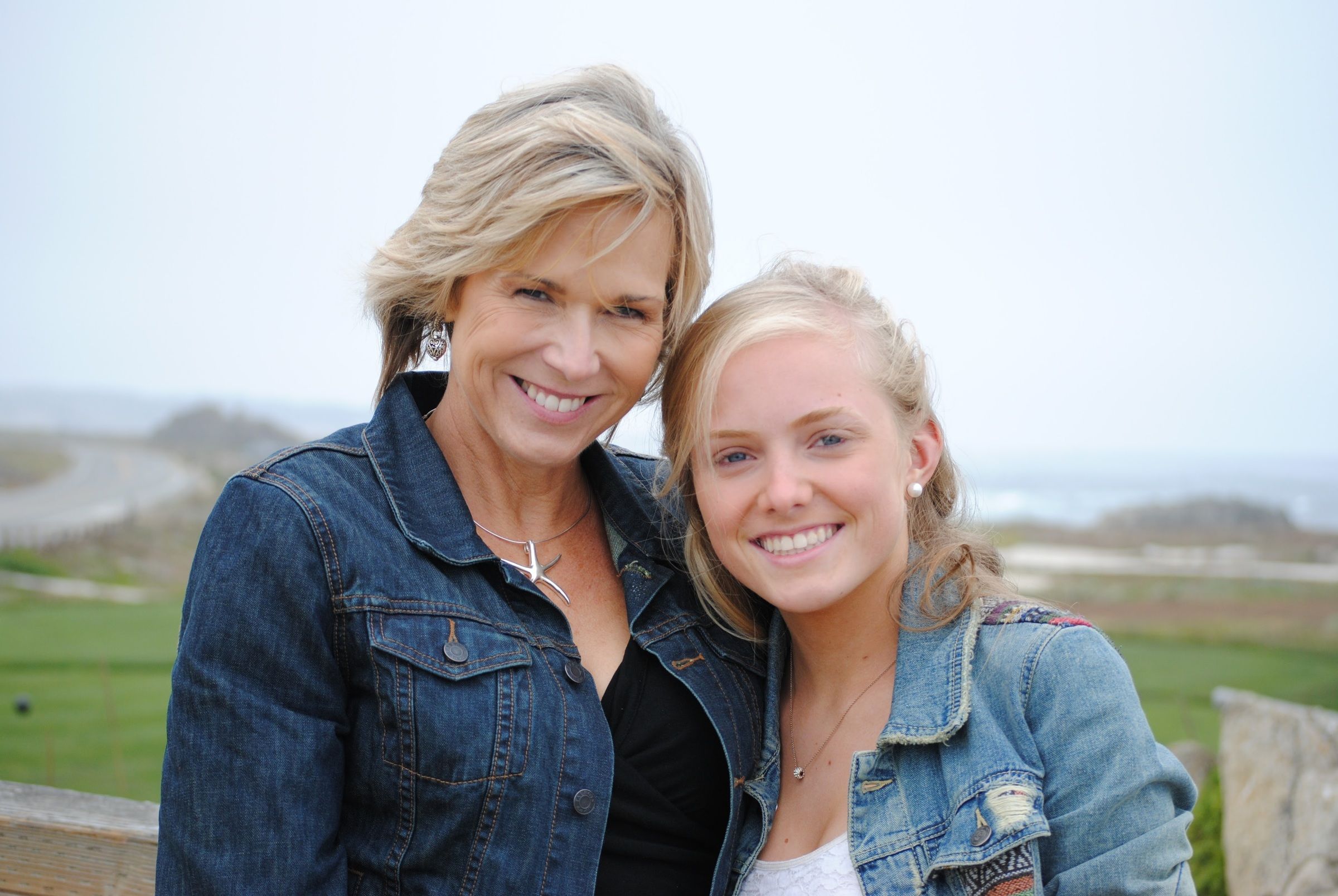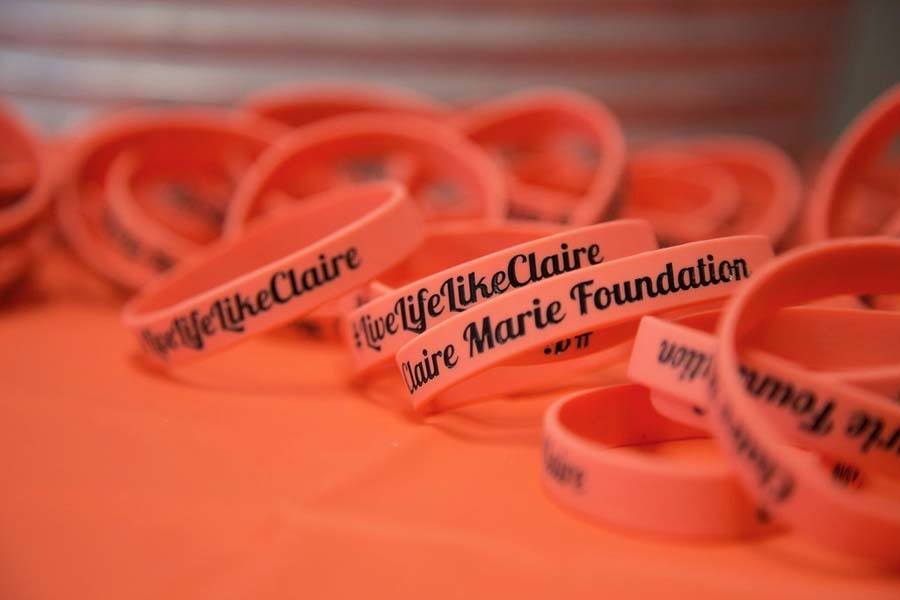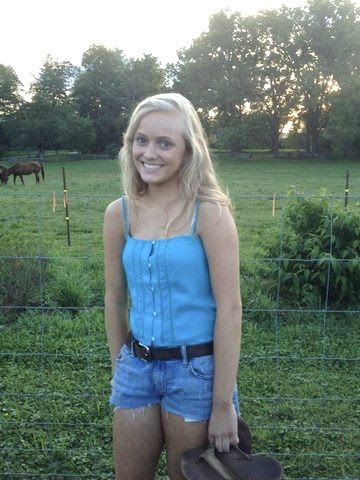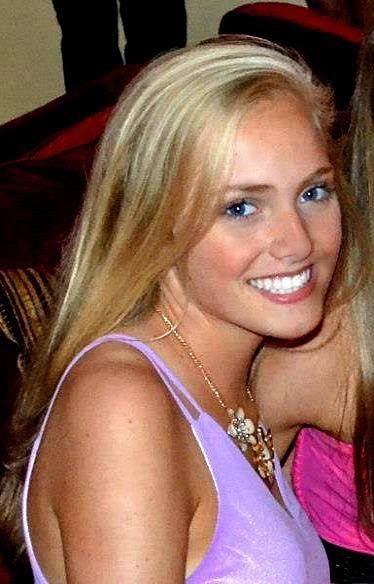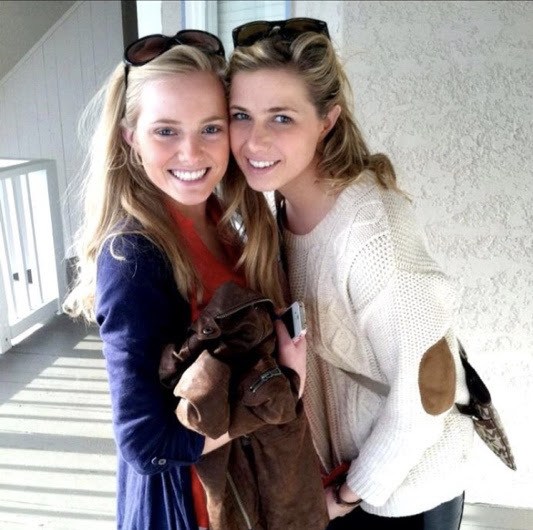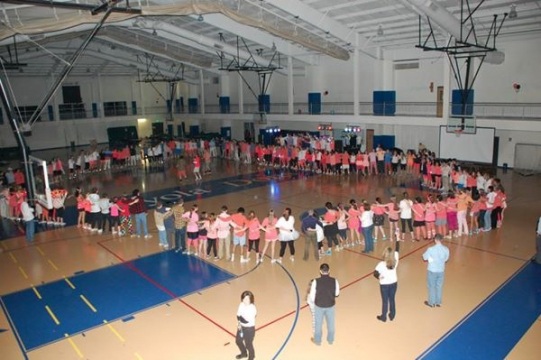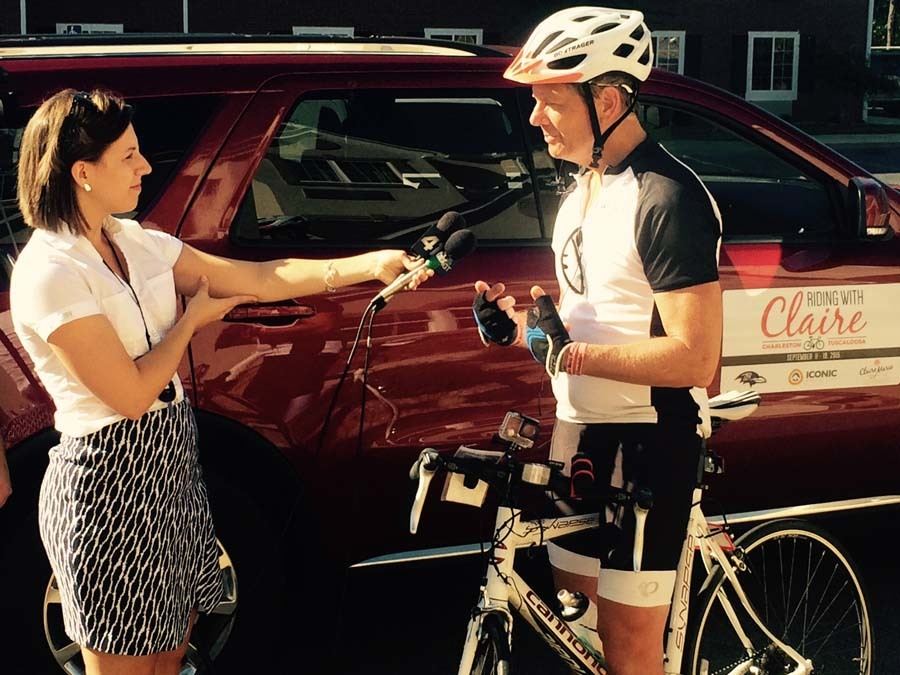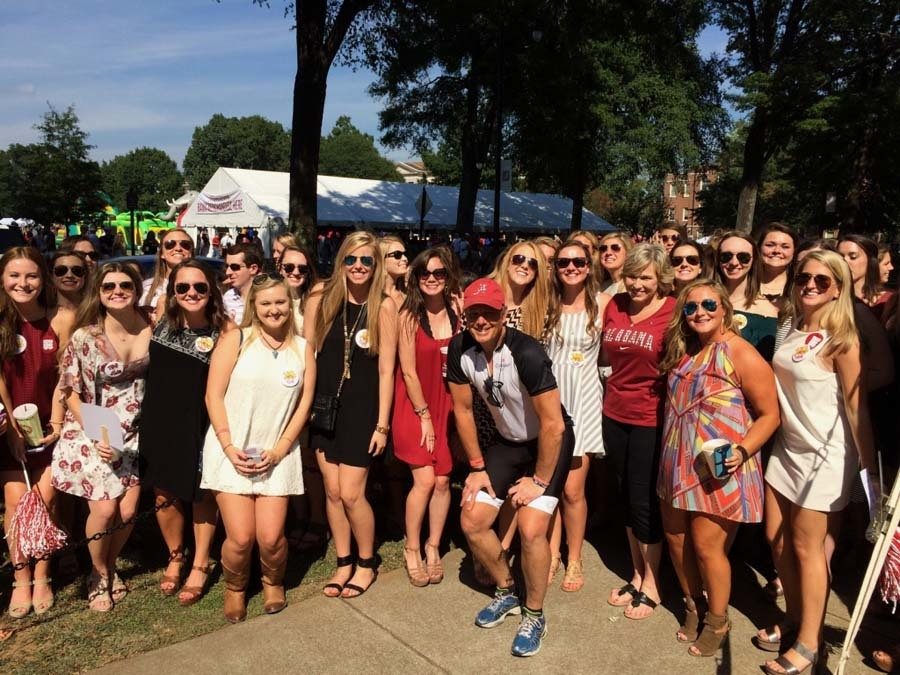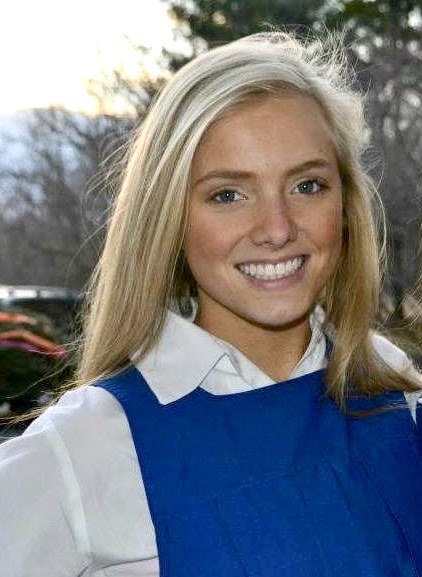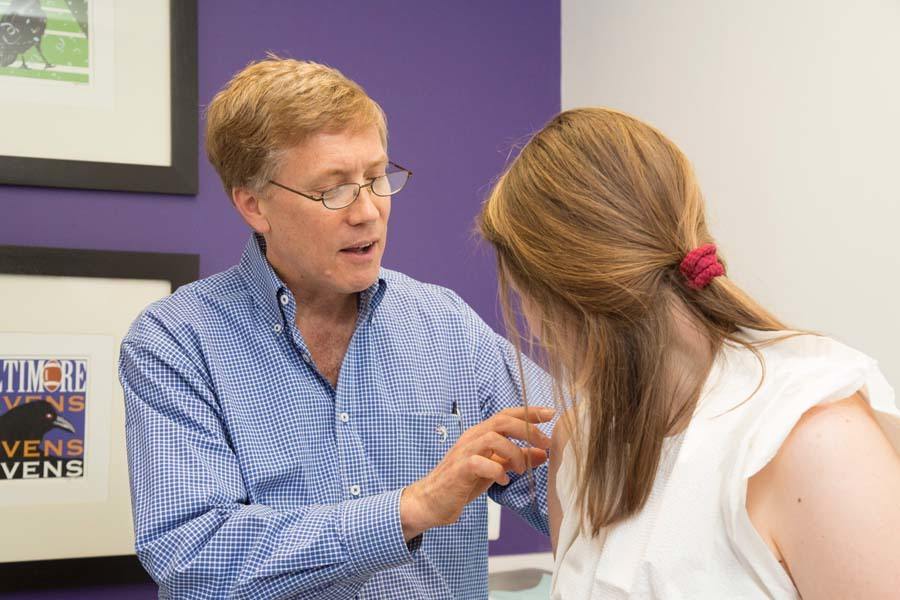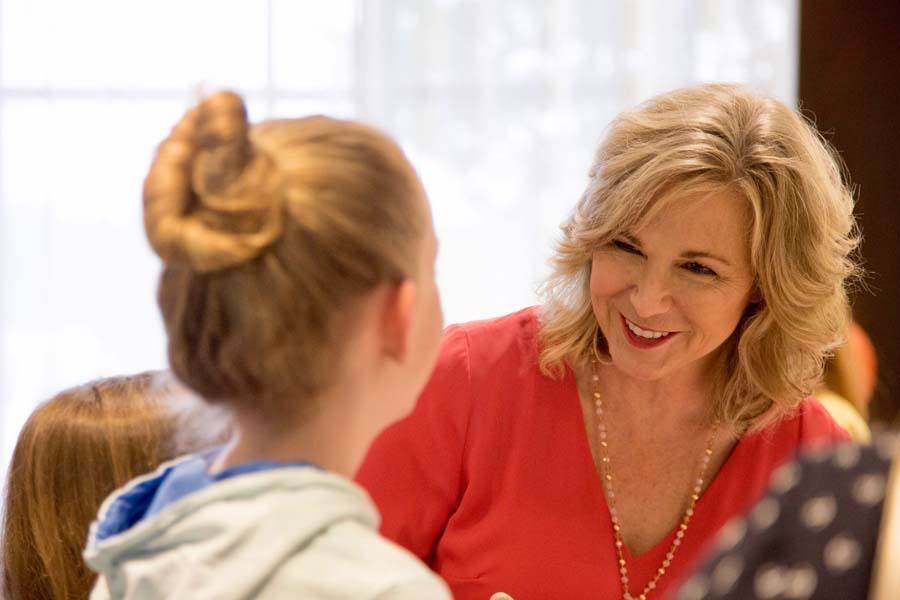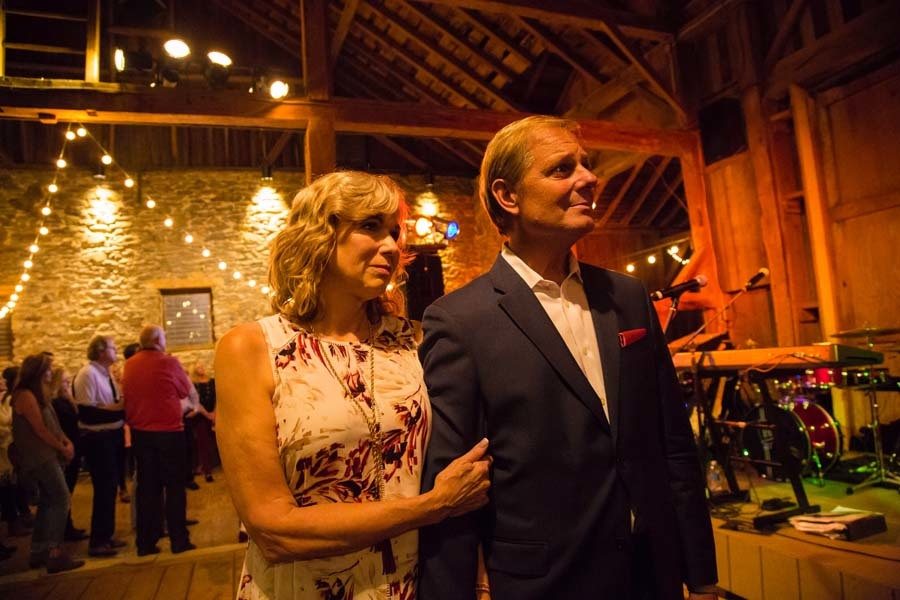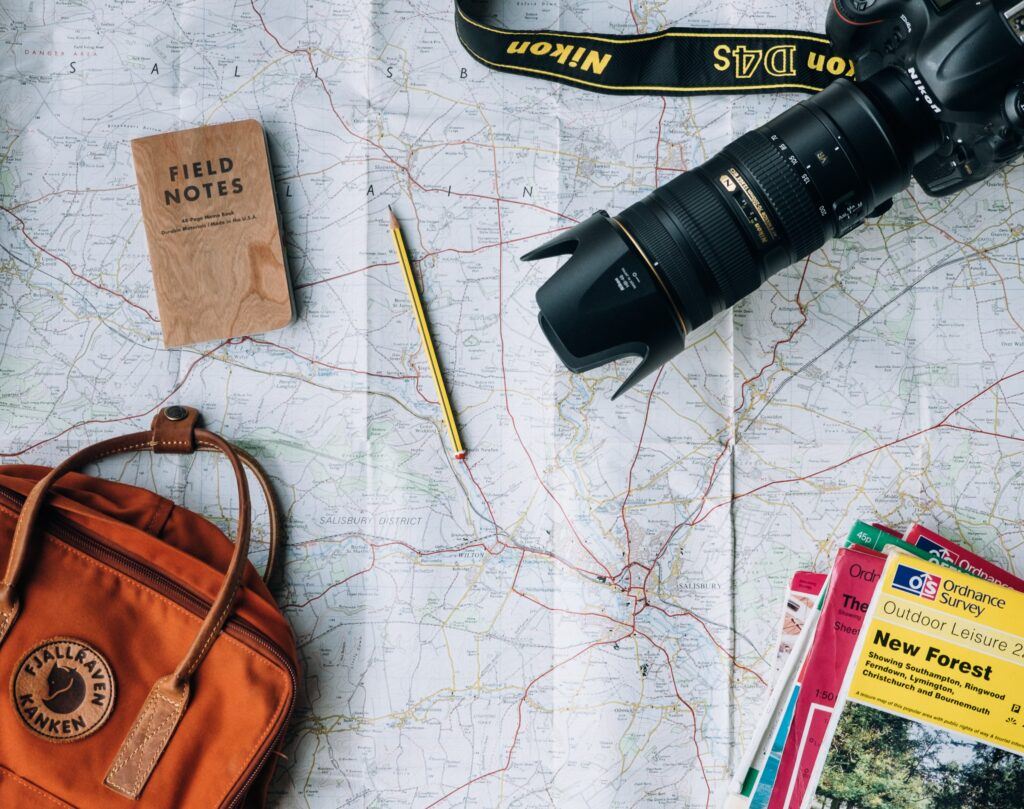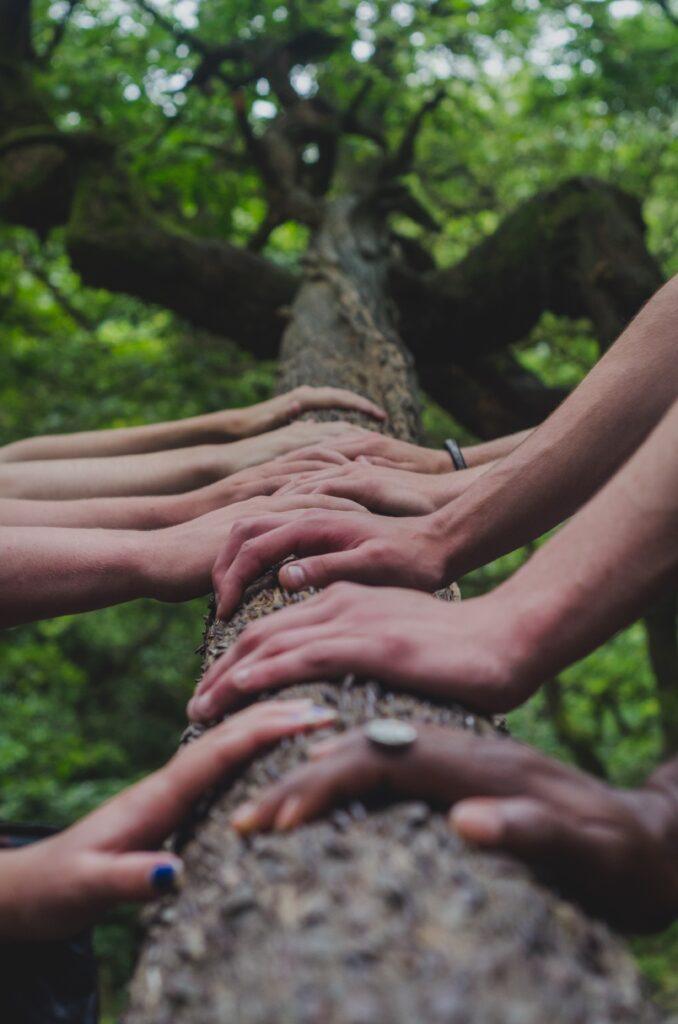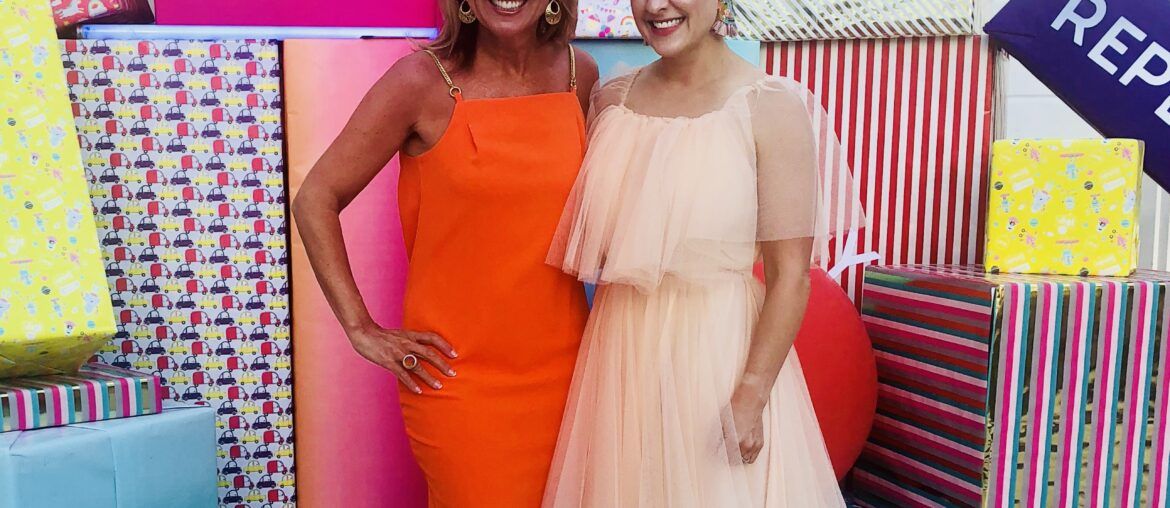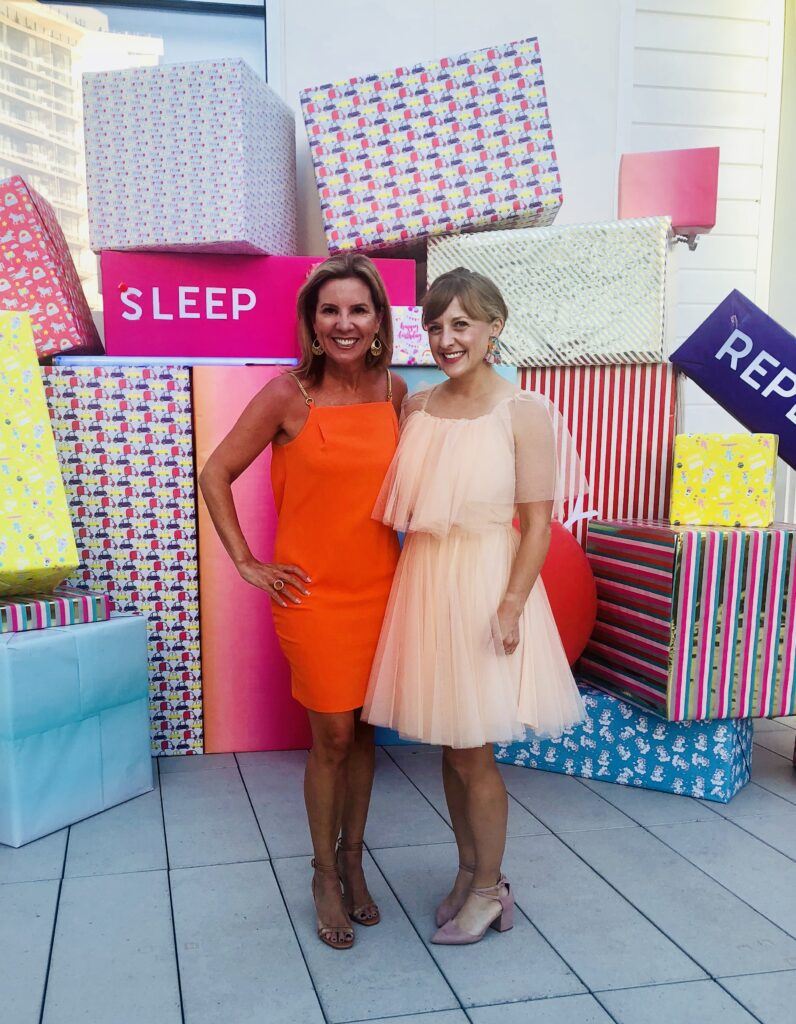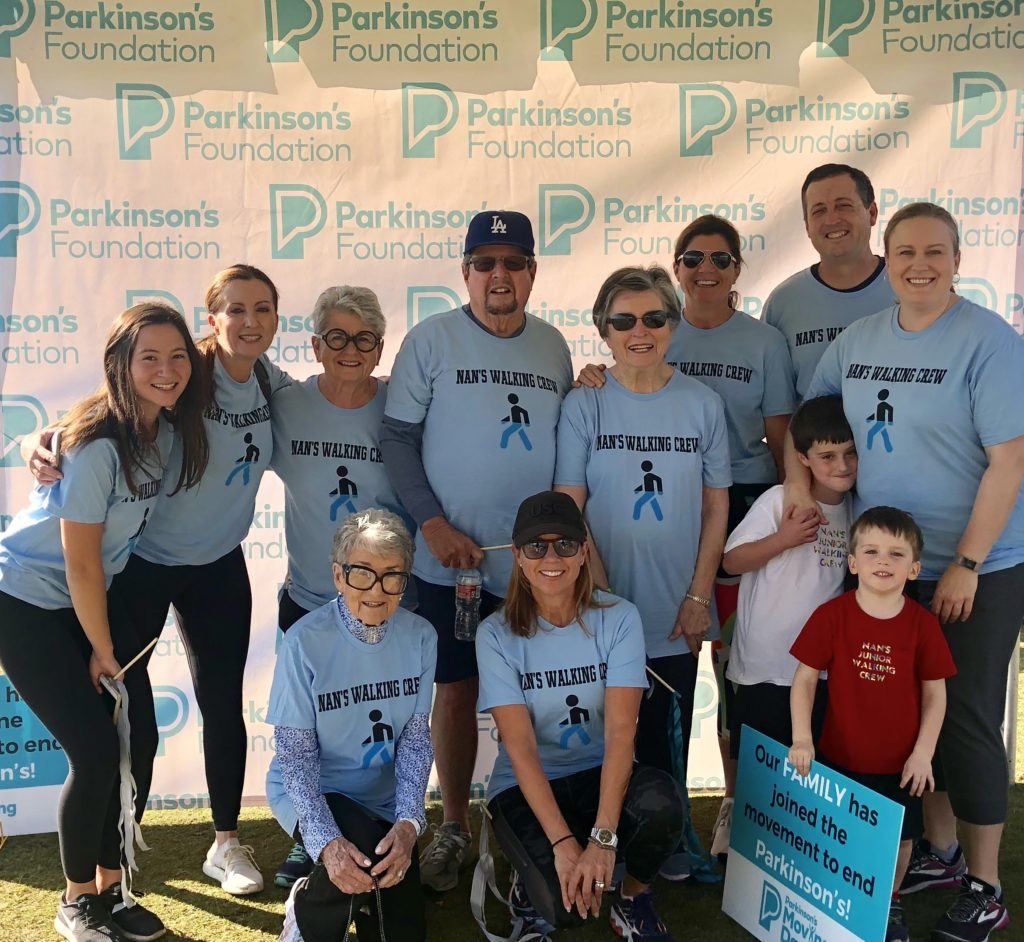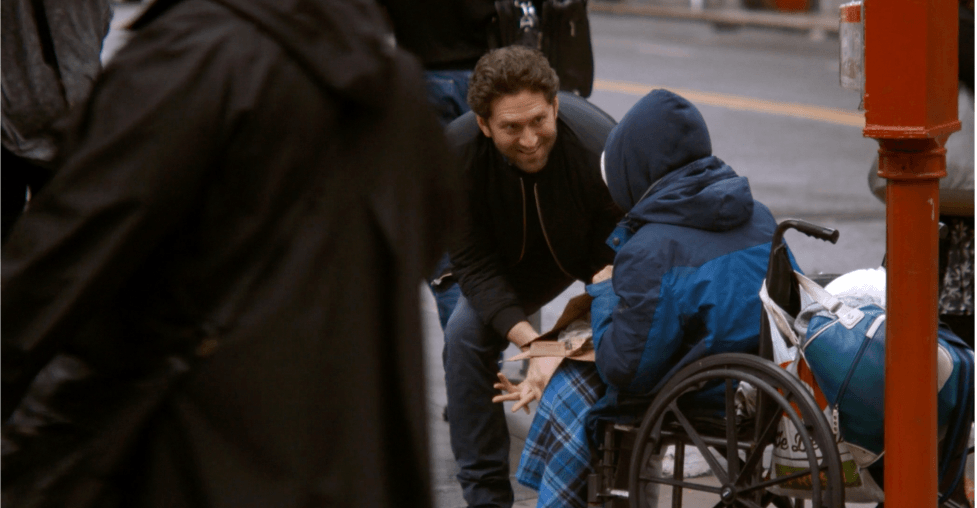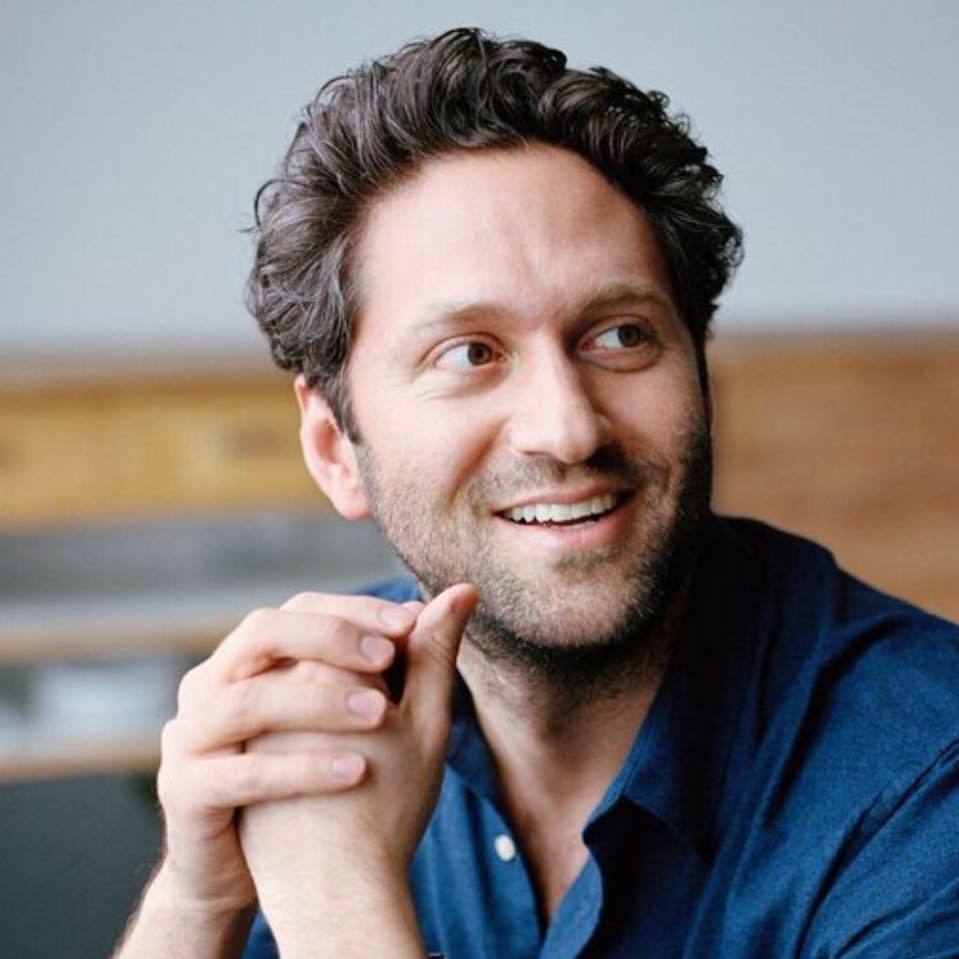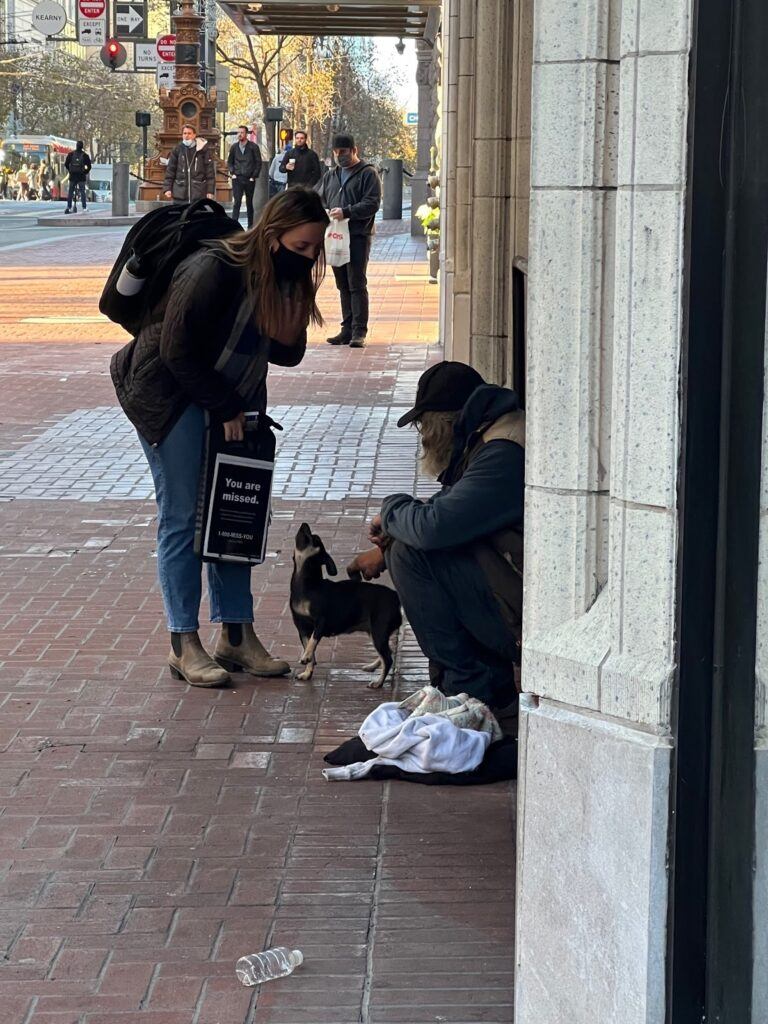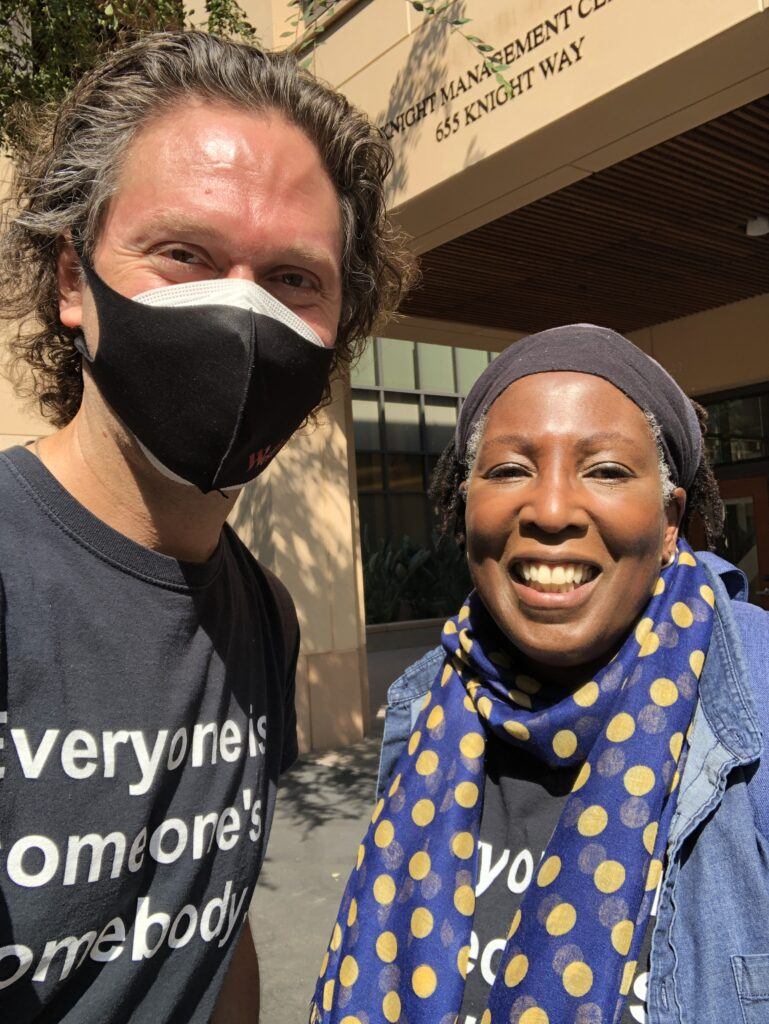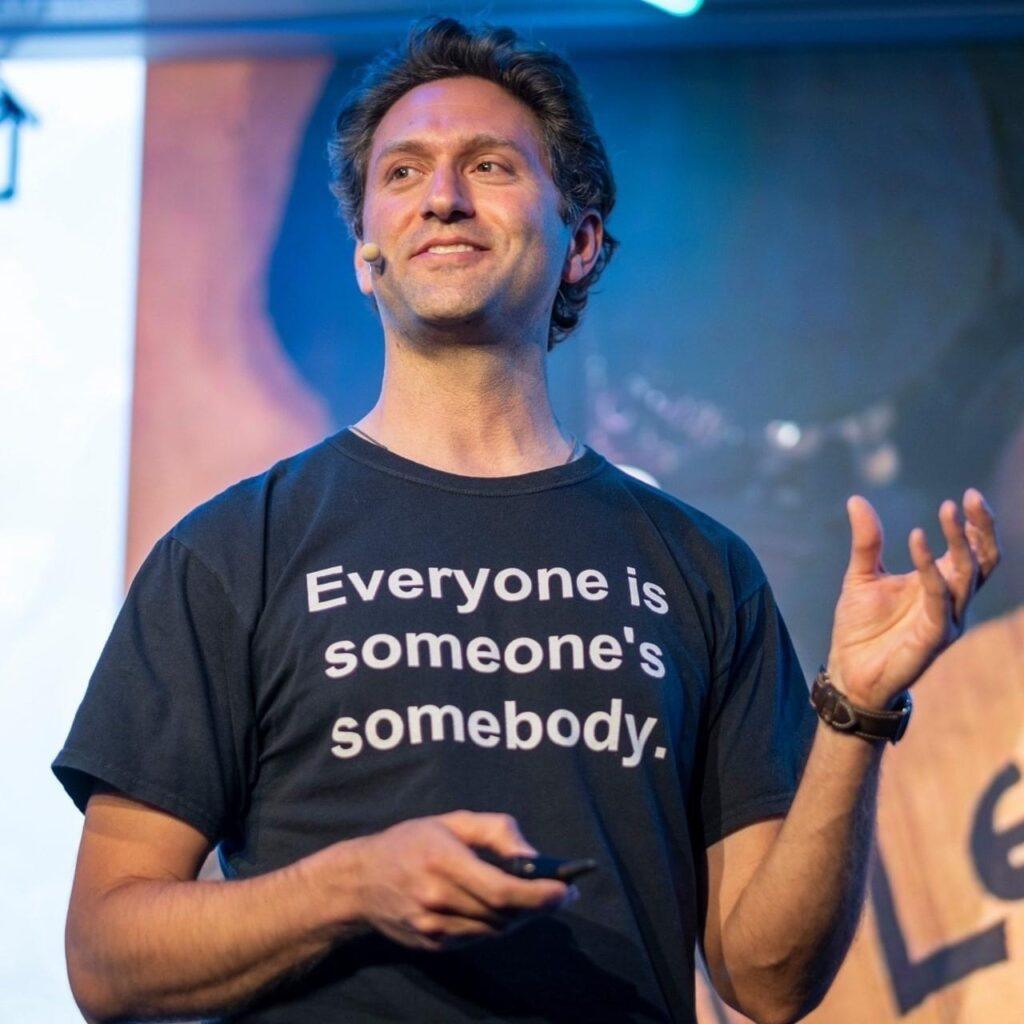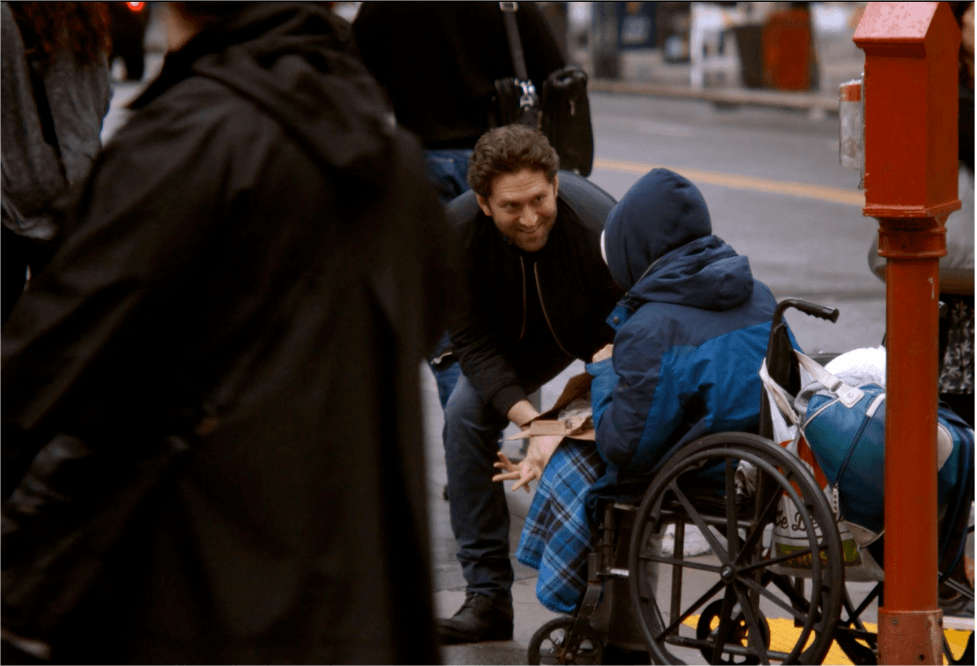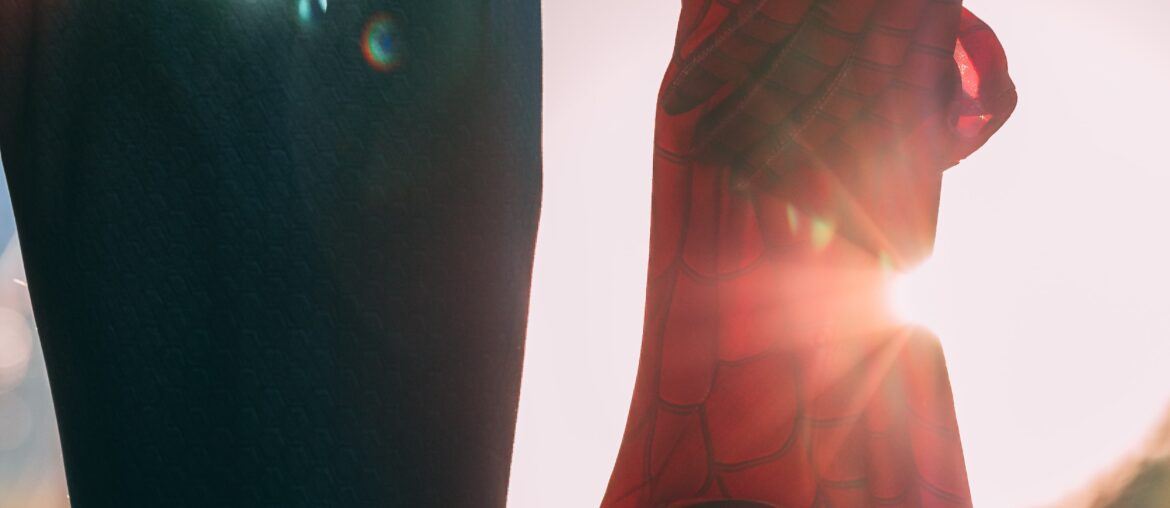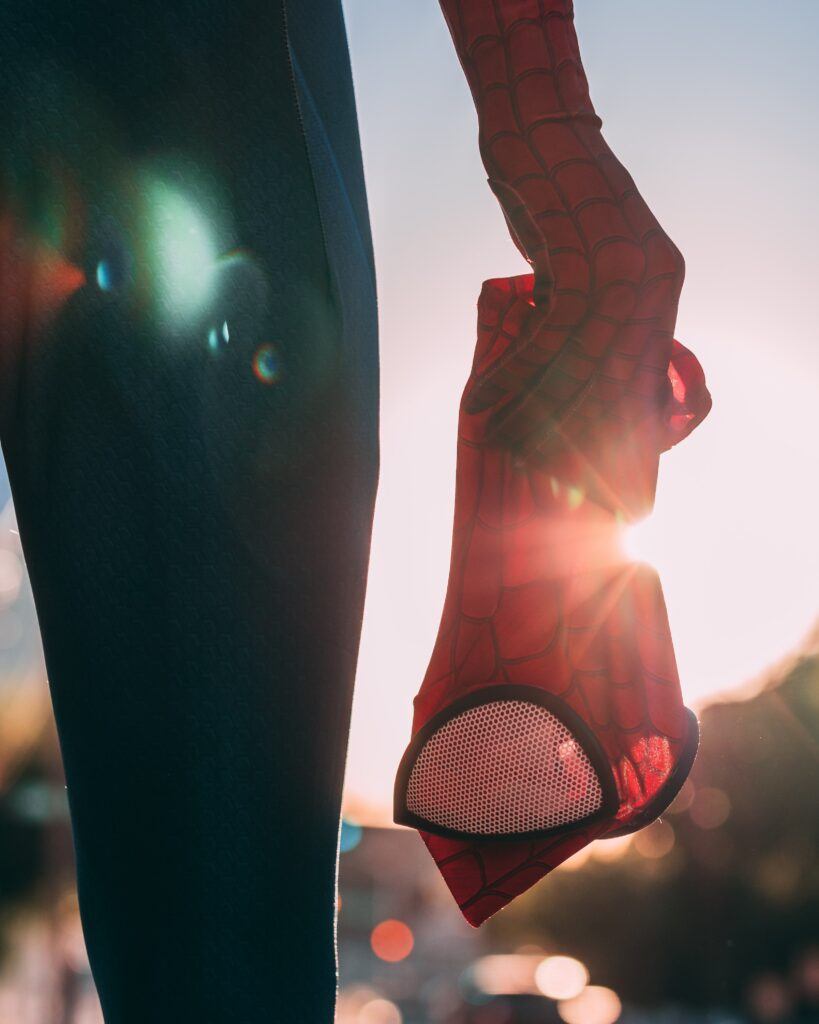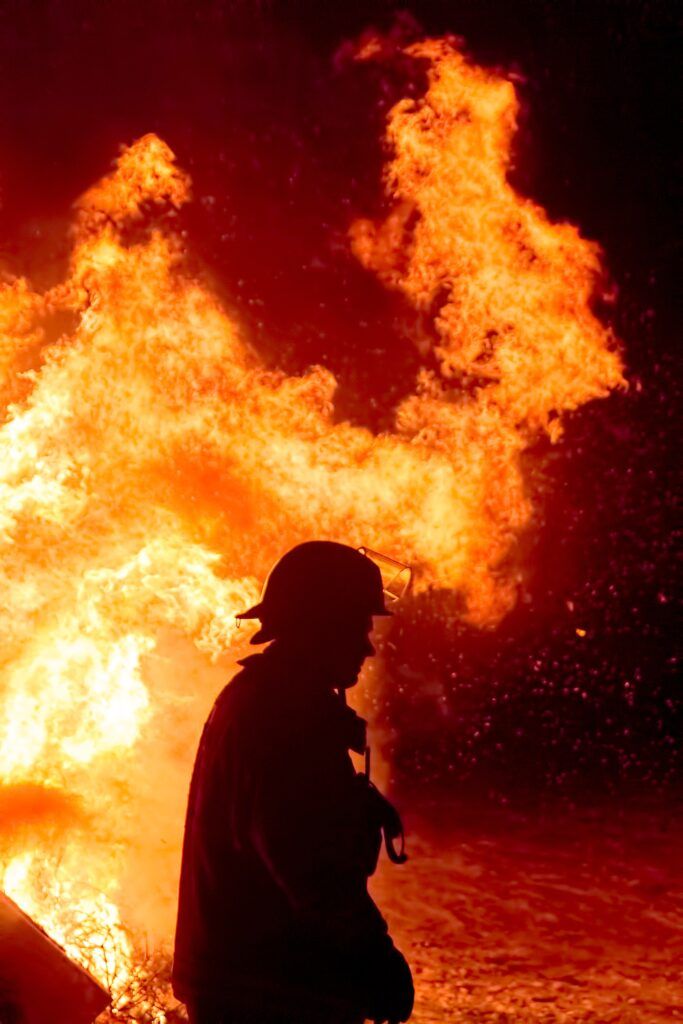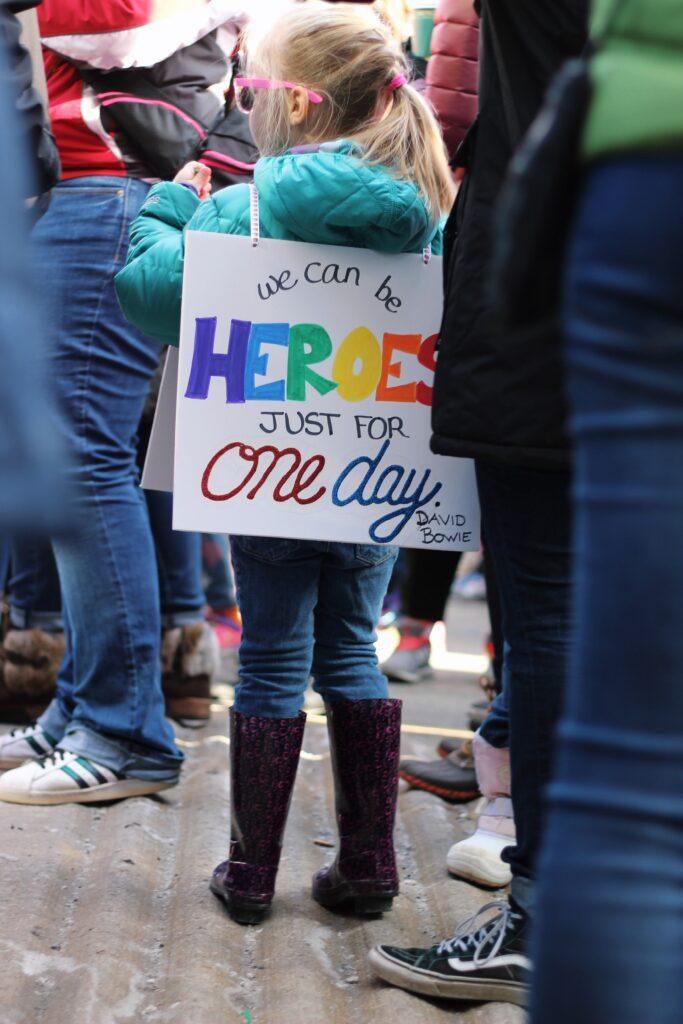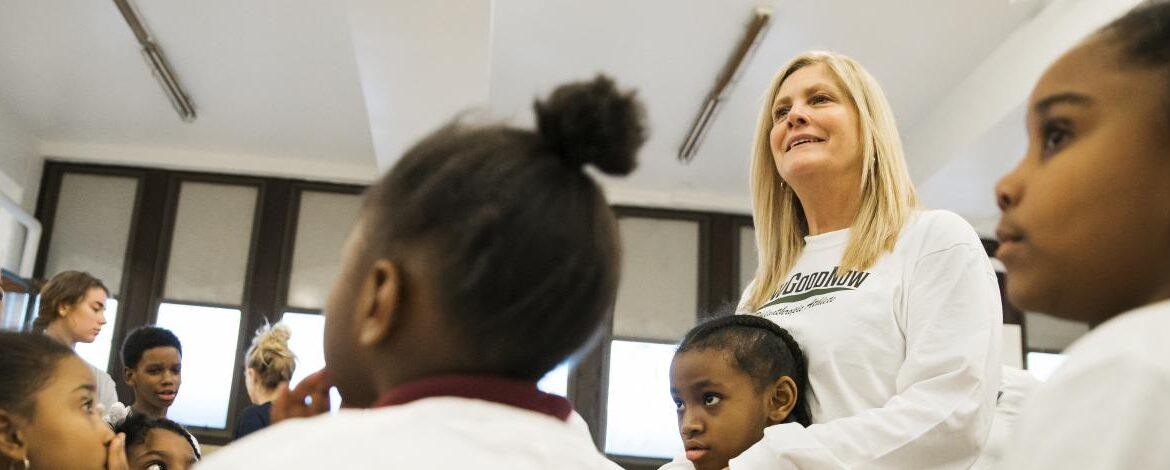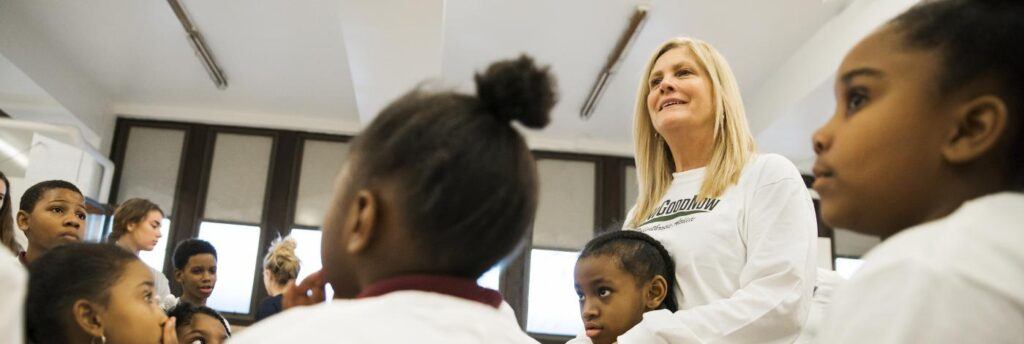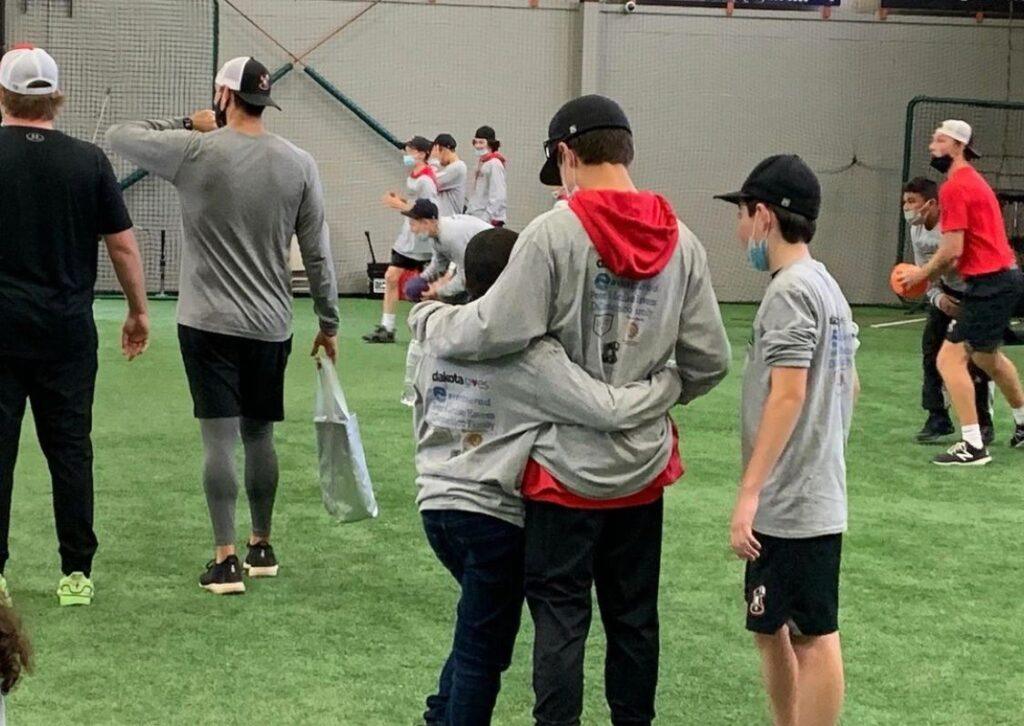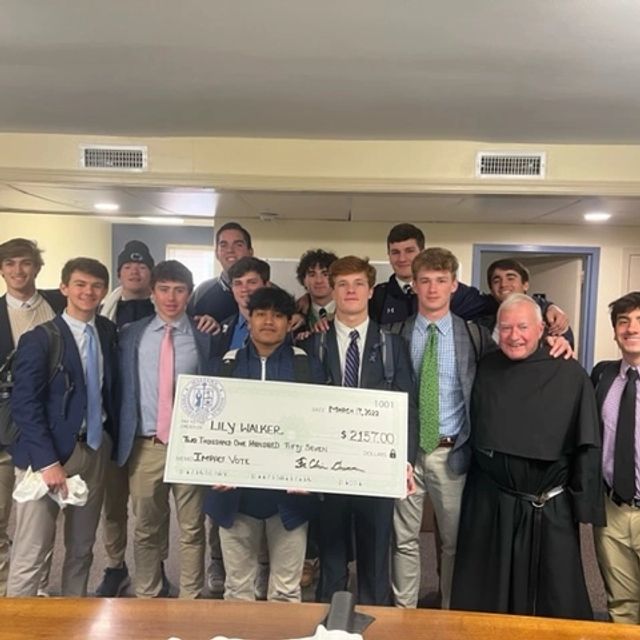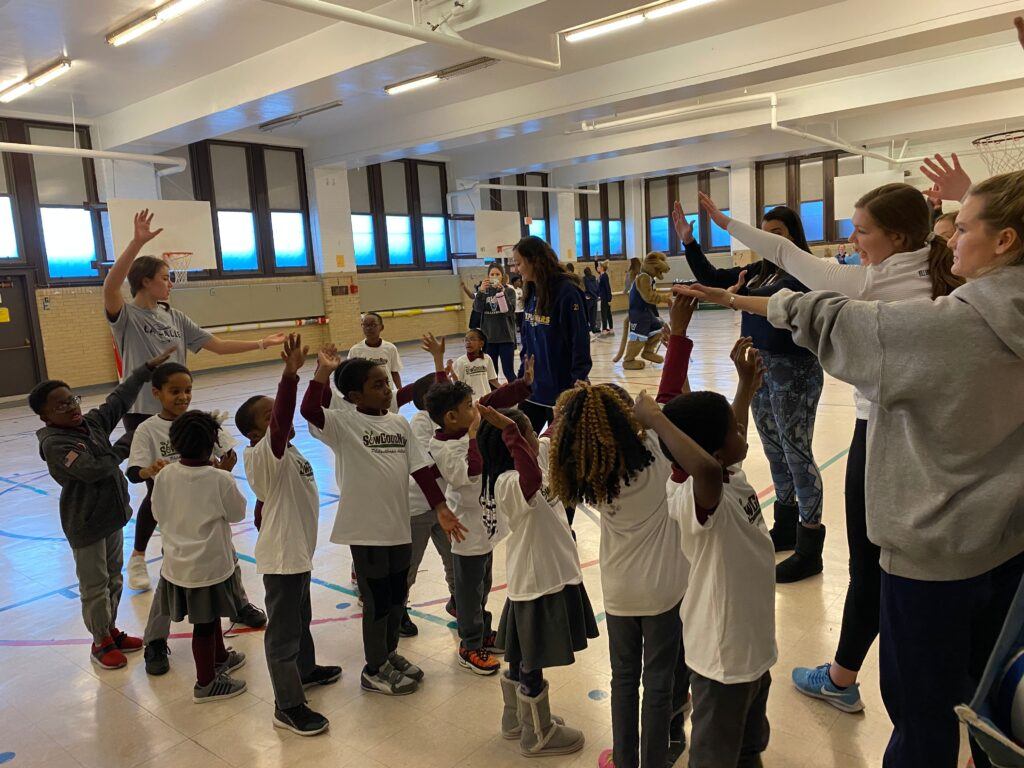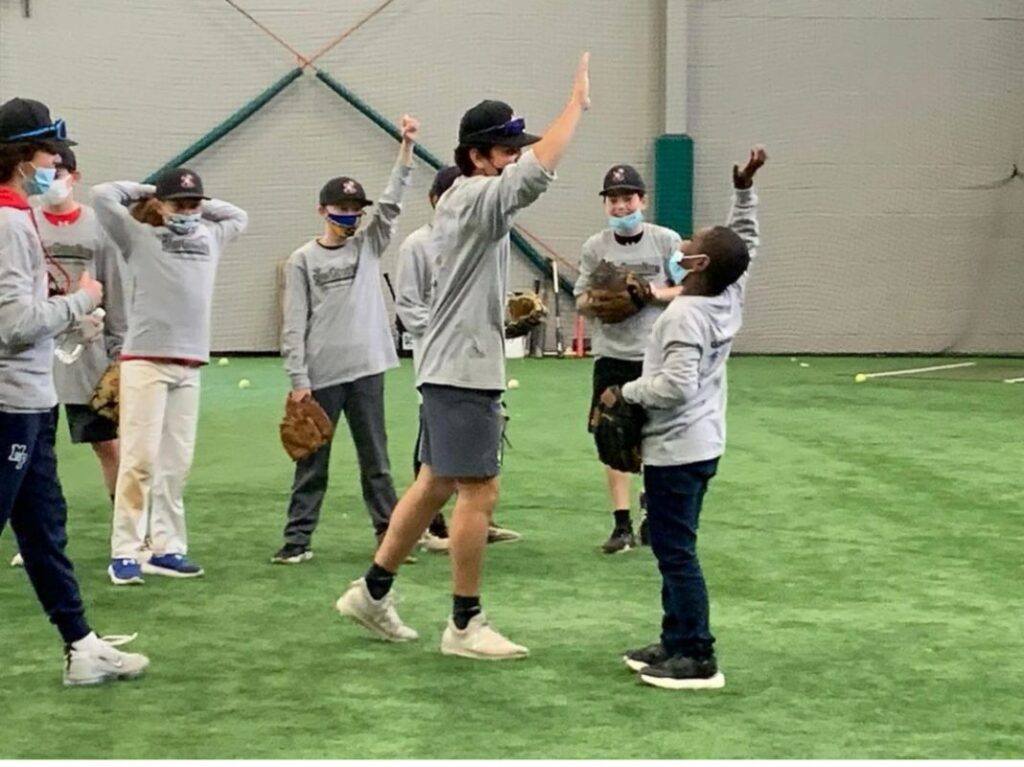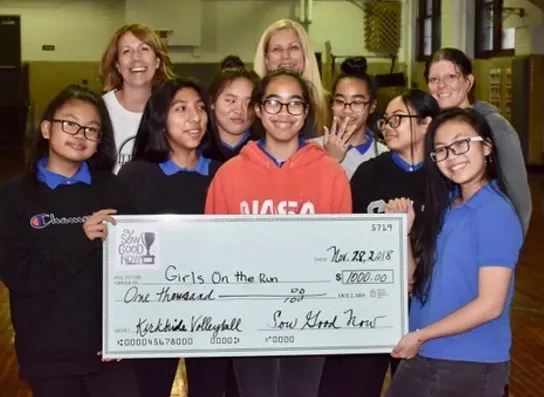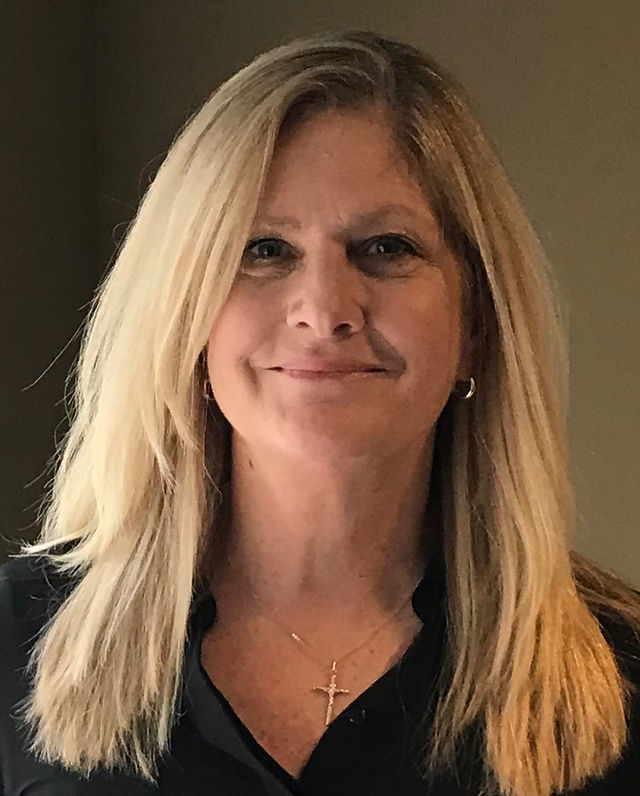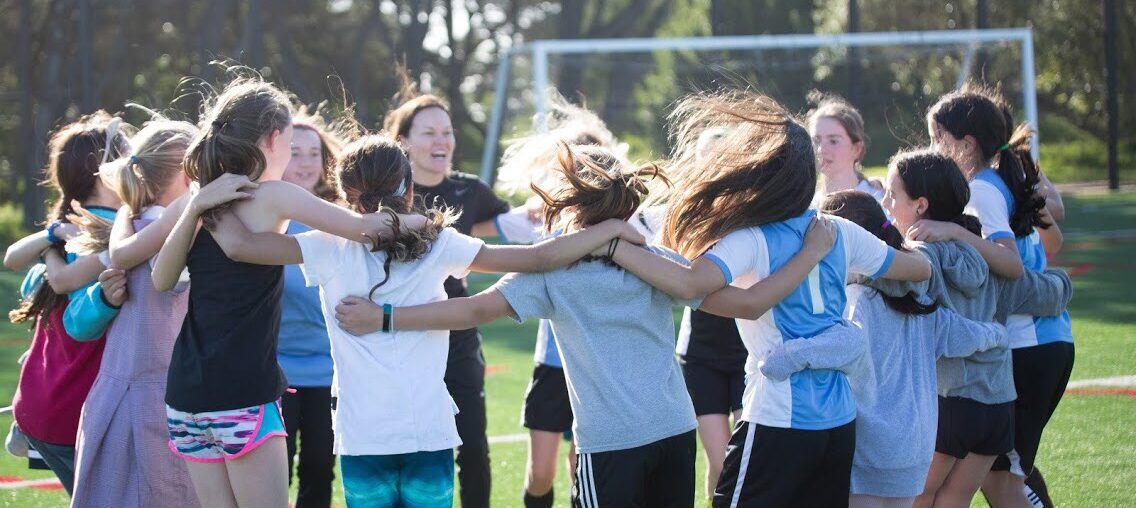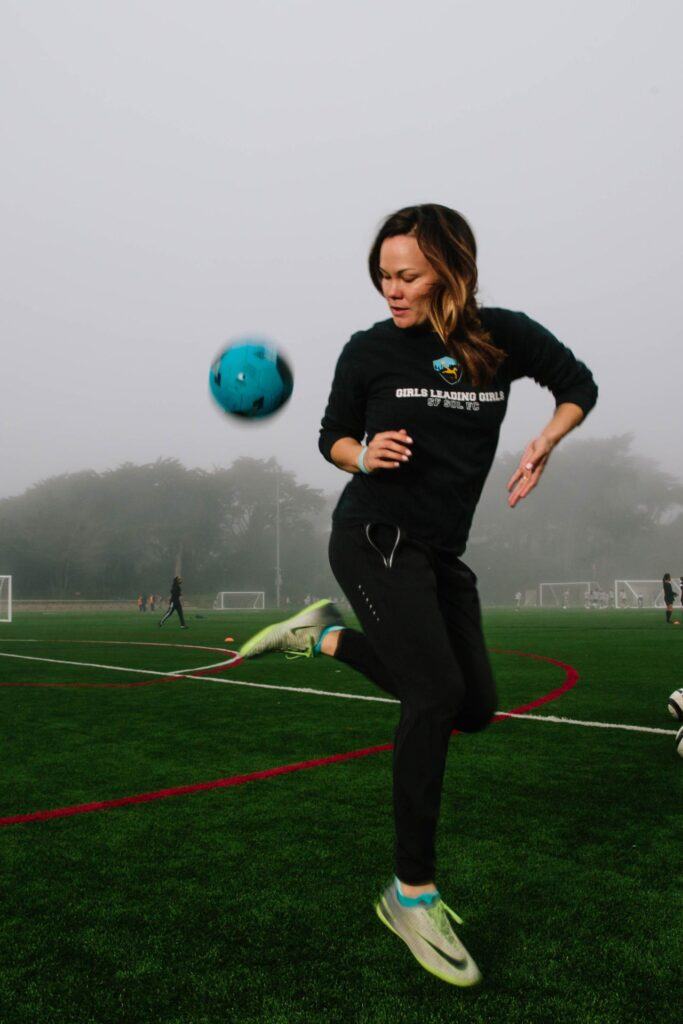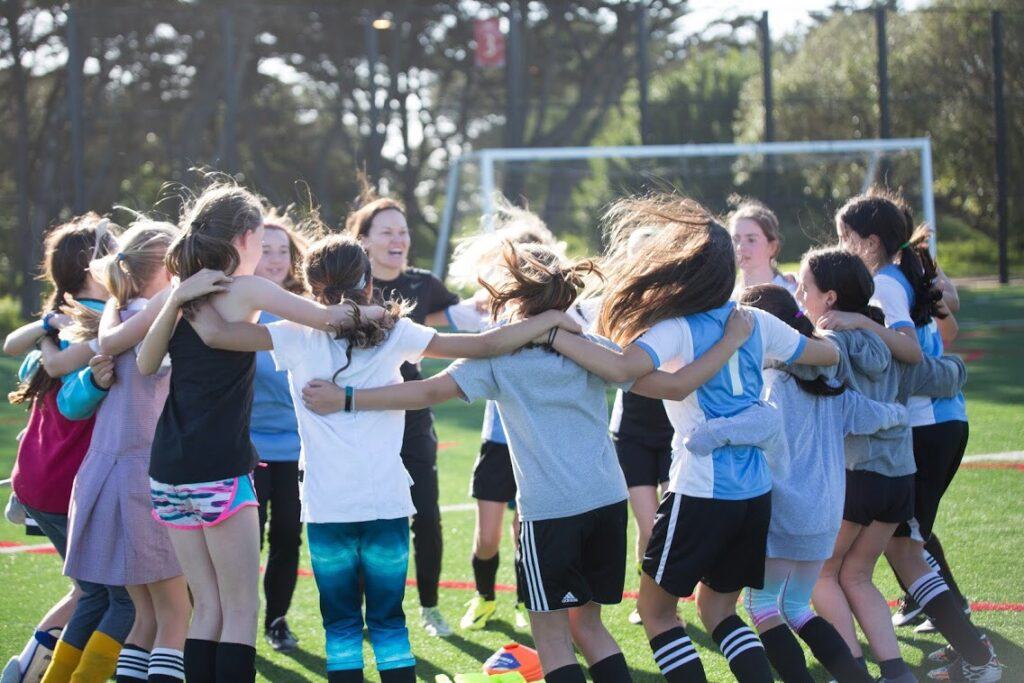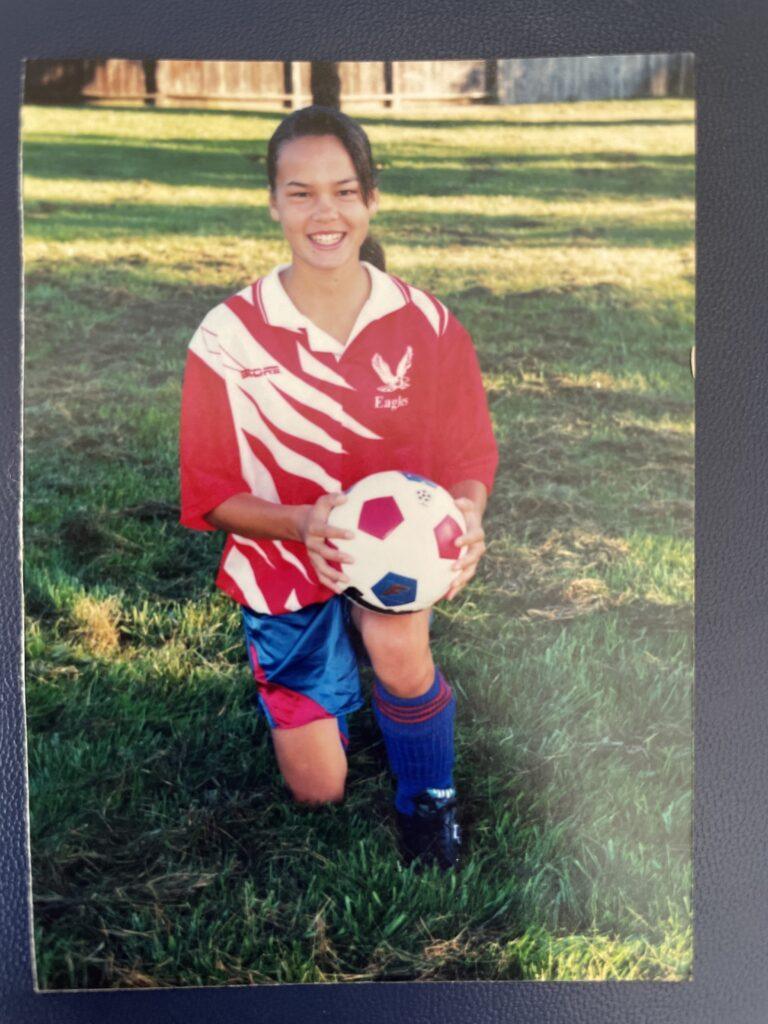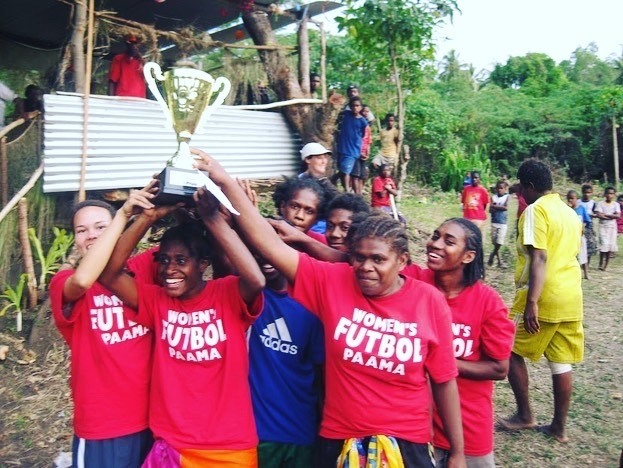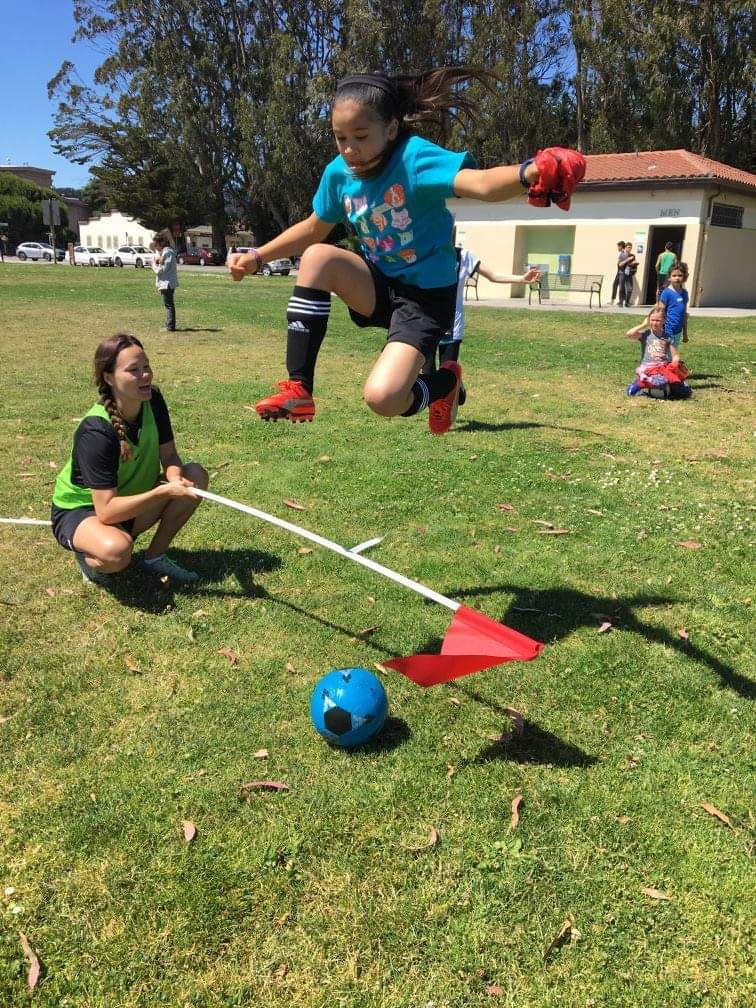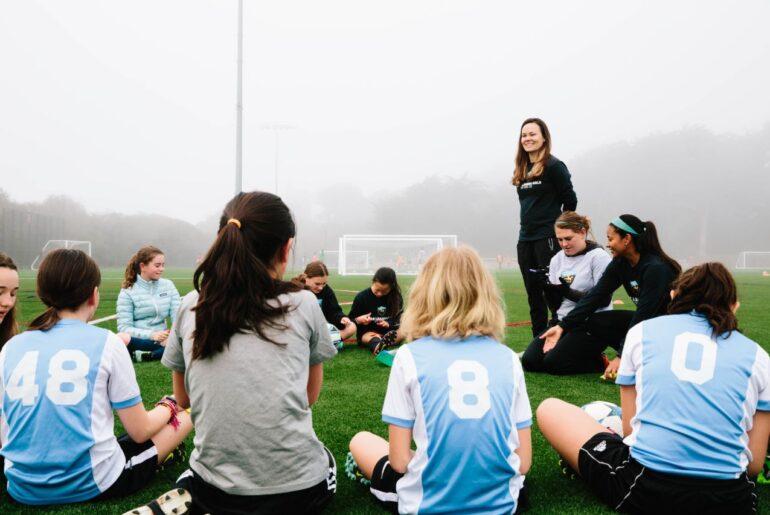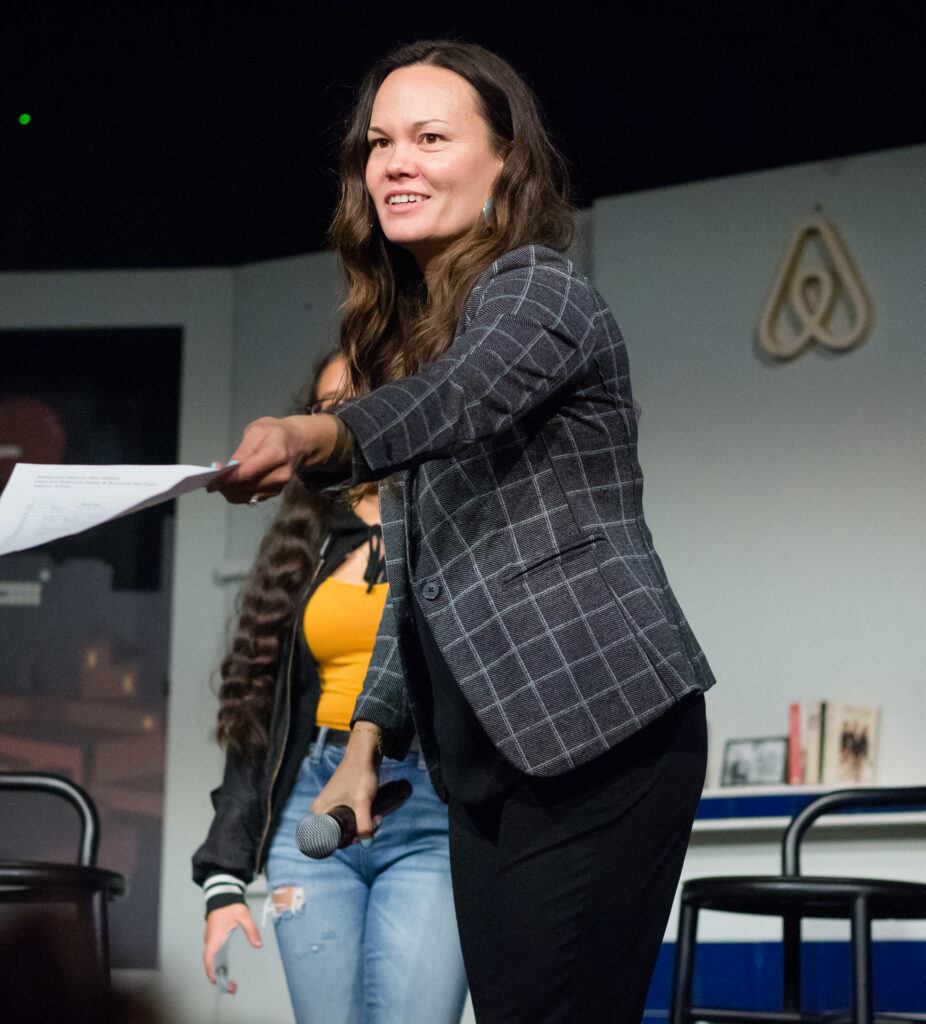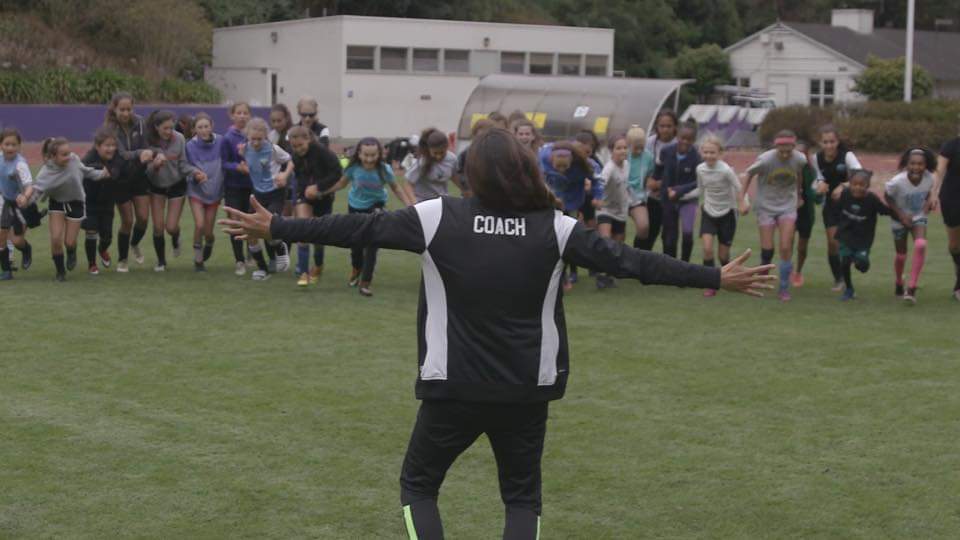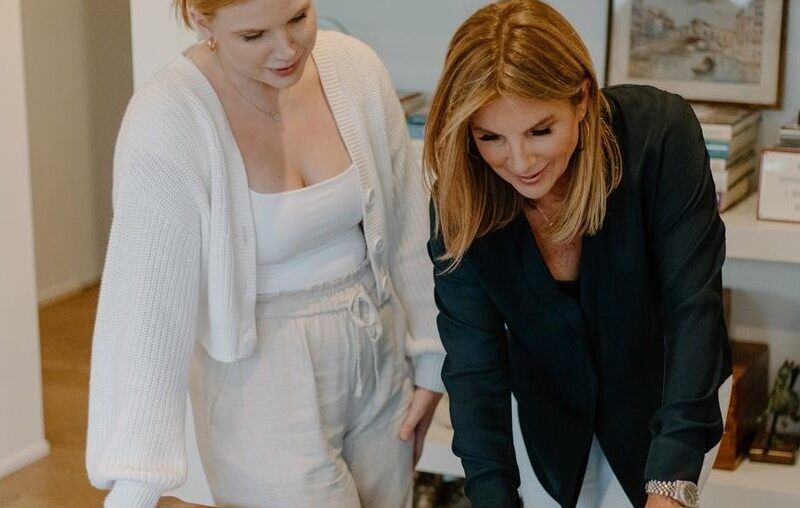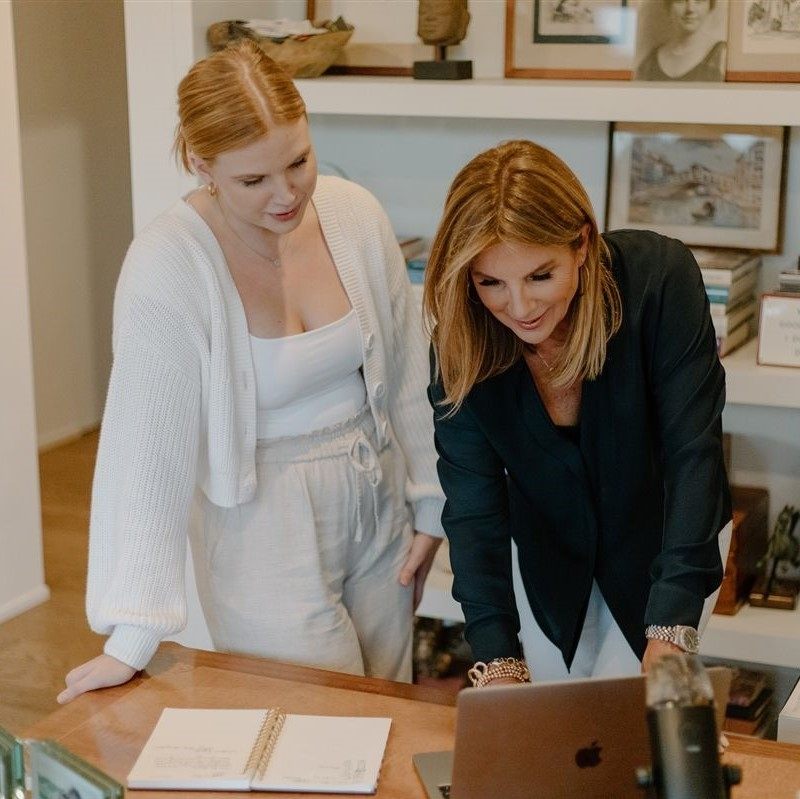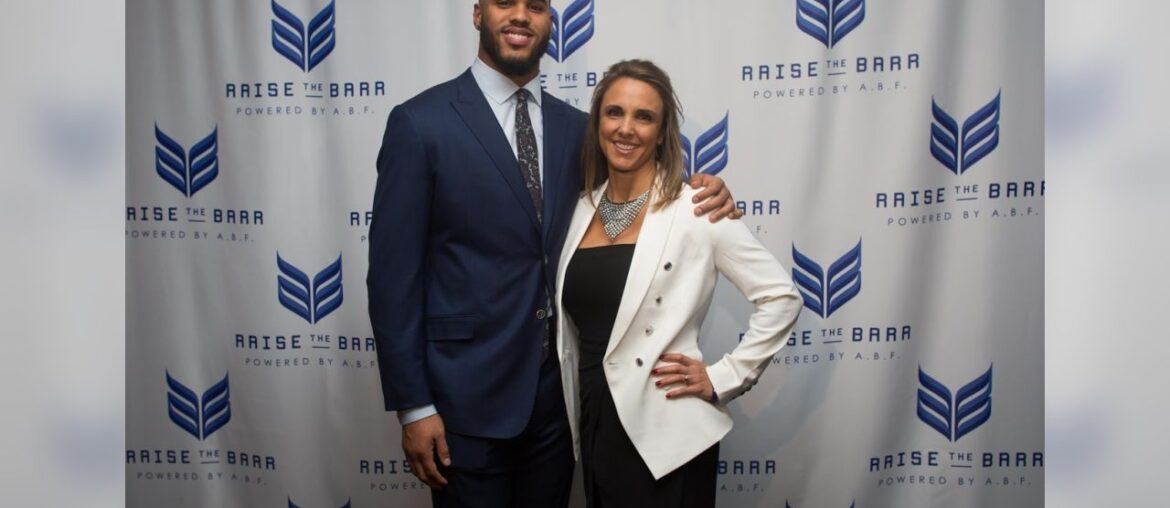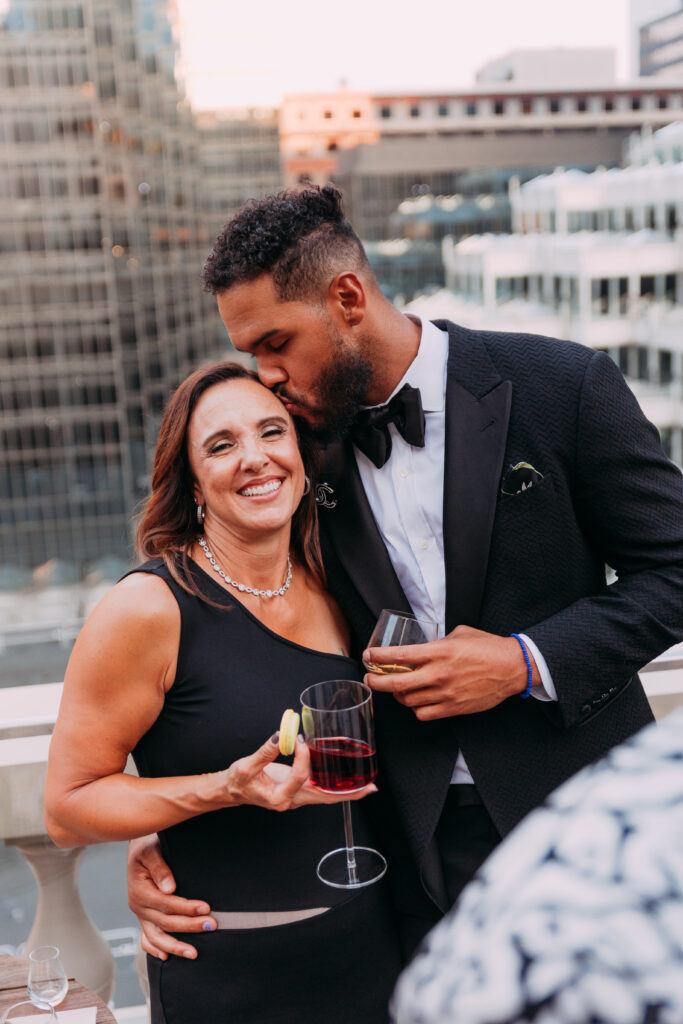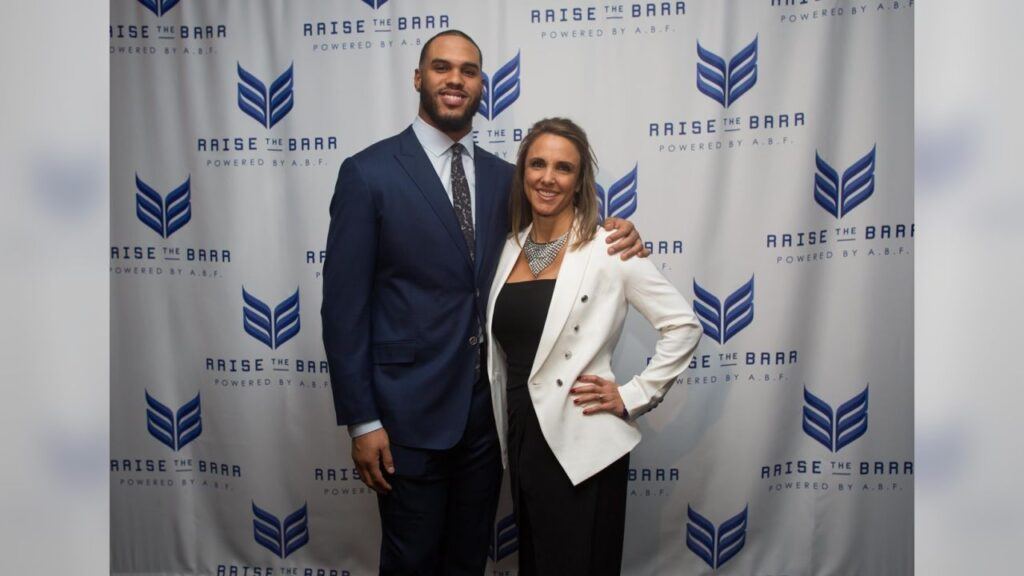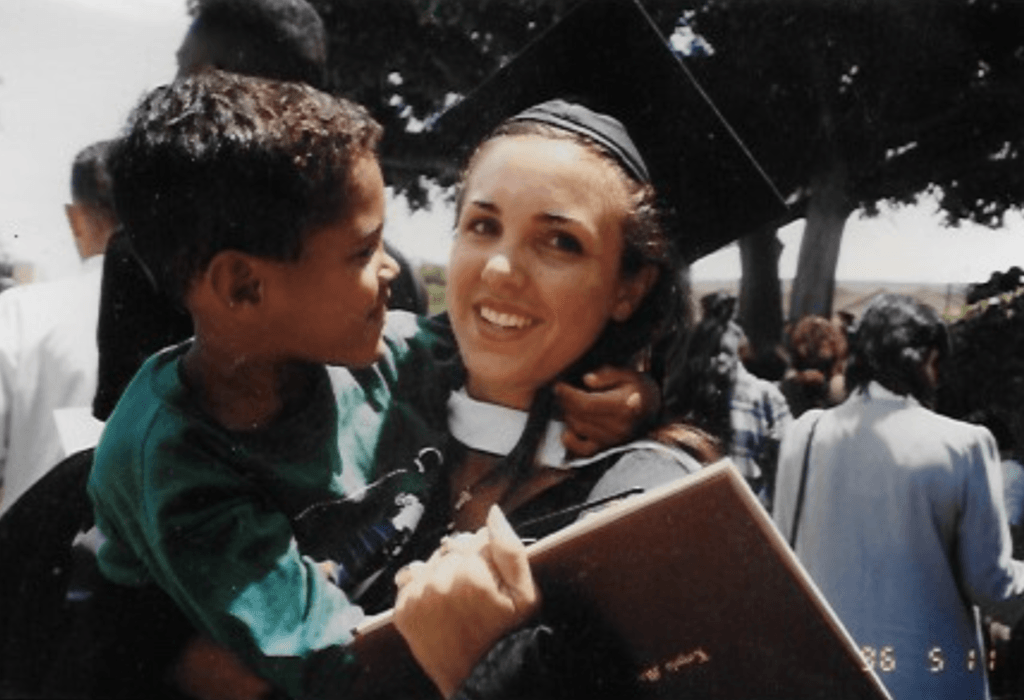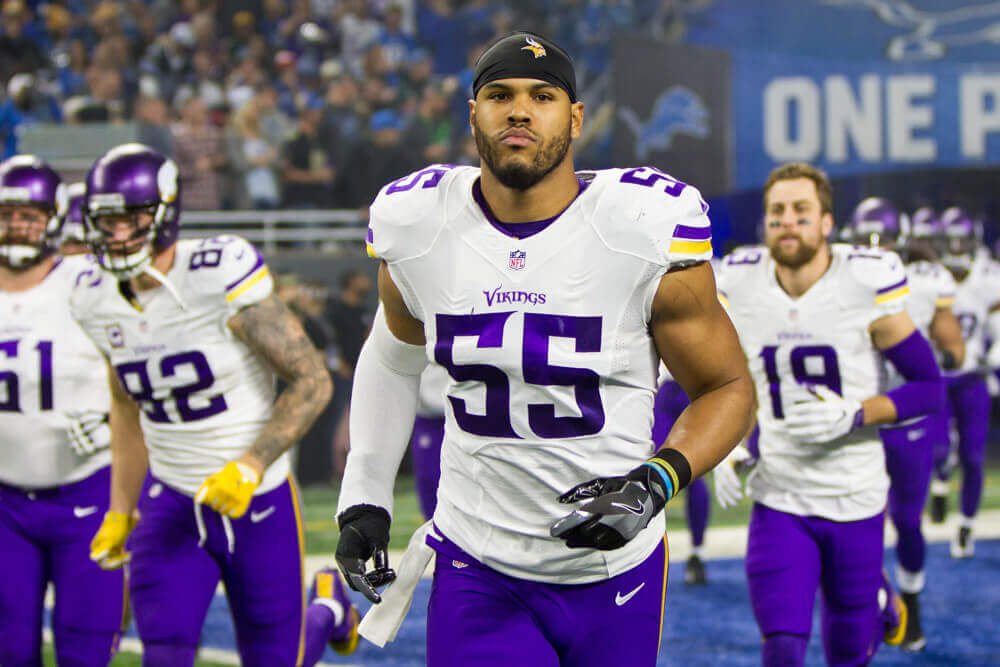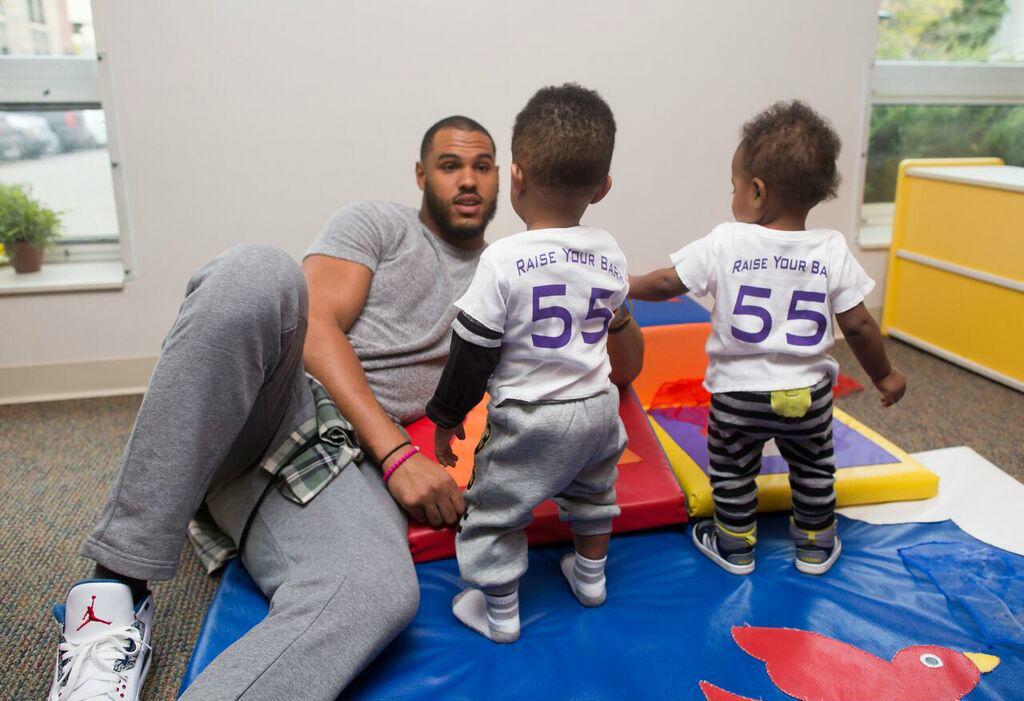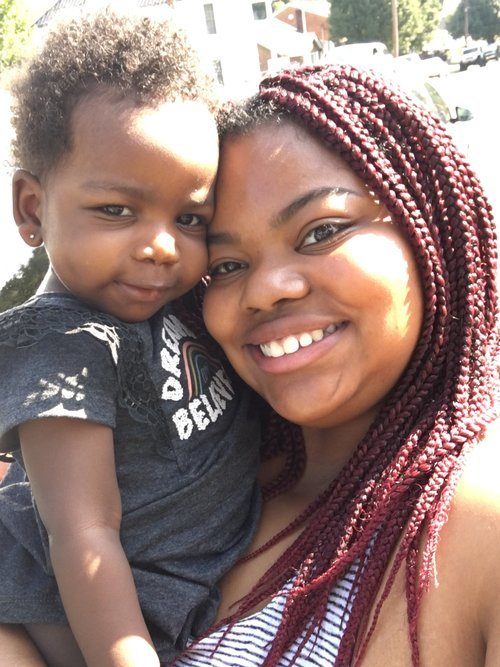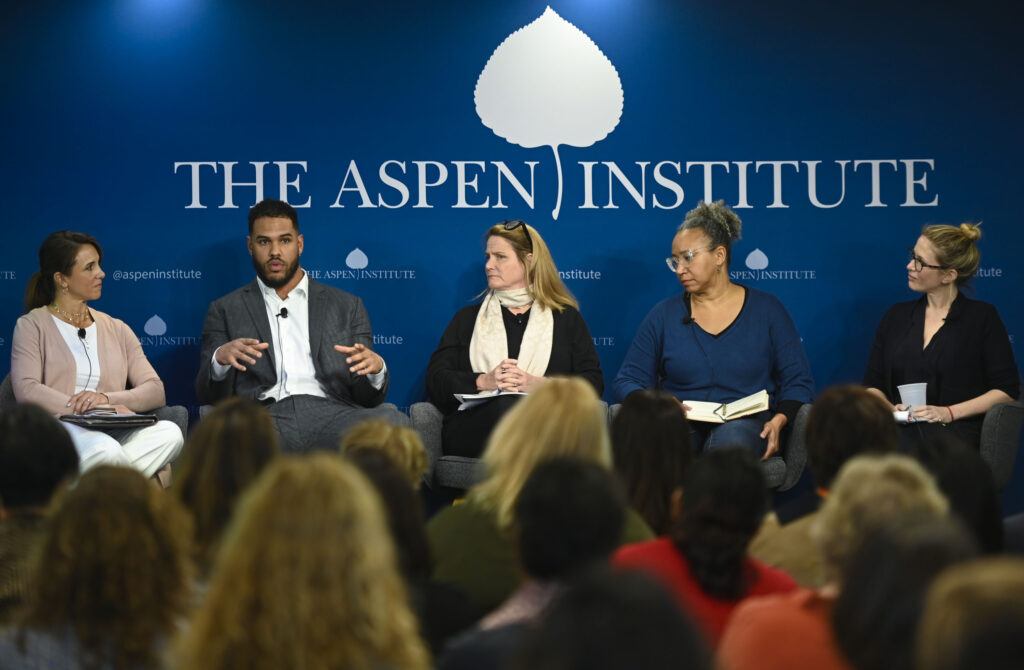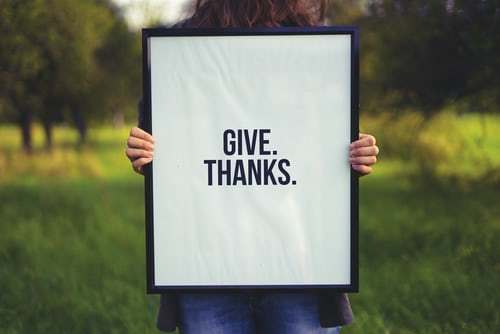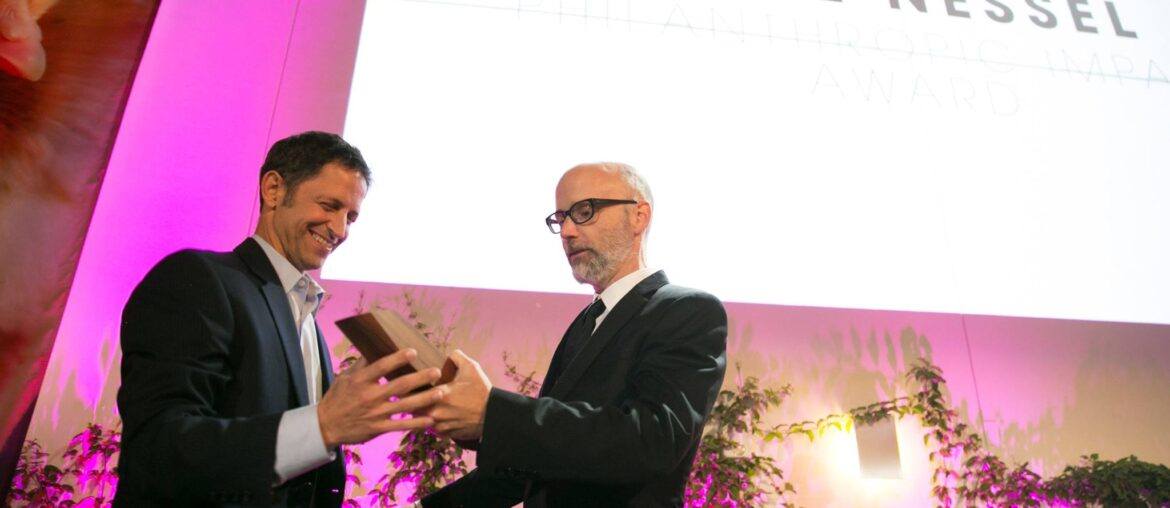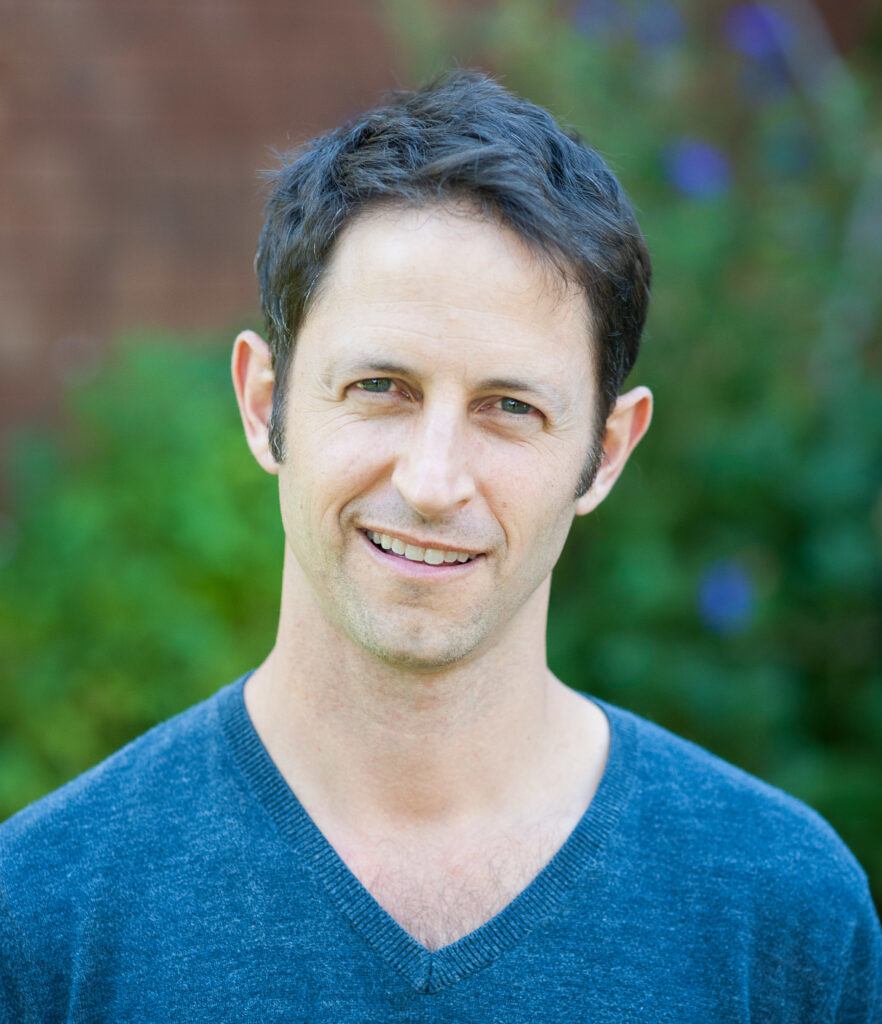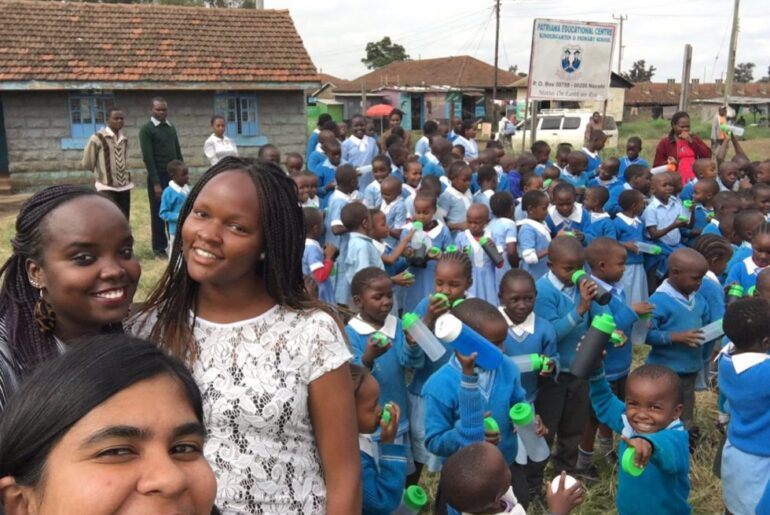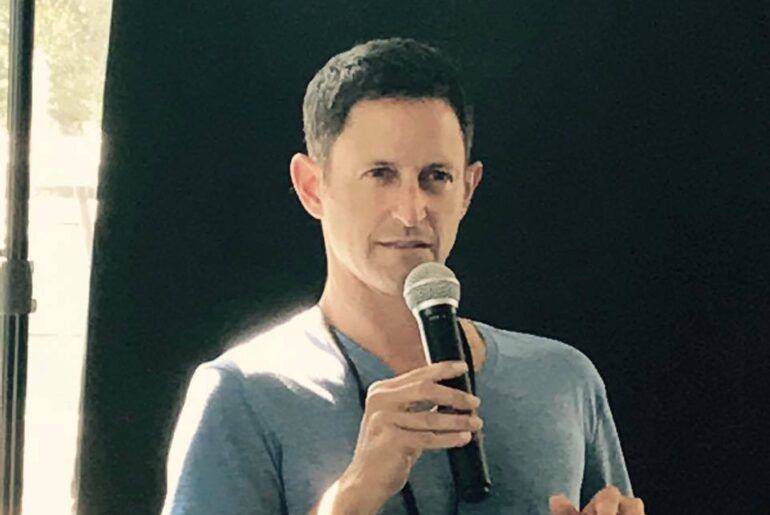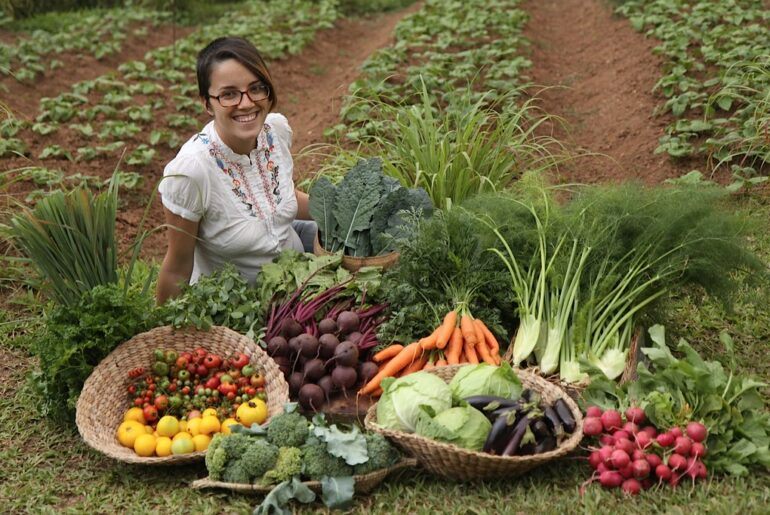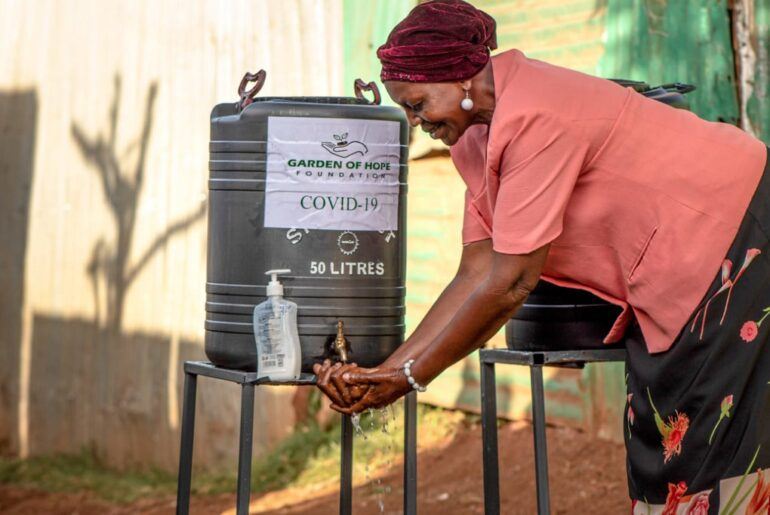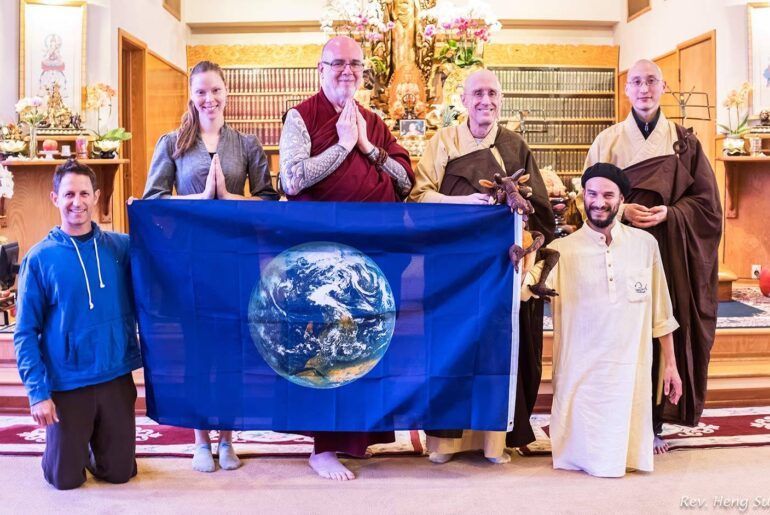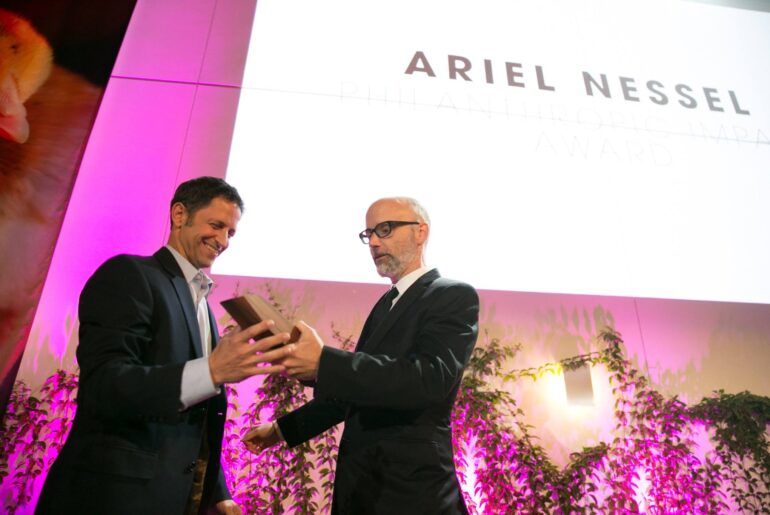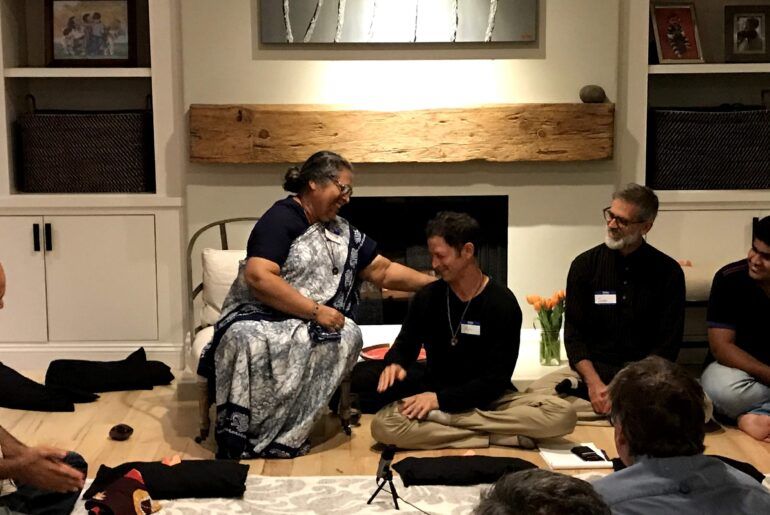One of the questions I always love asking our guest is did you grow up helping others? It is always fascinating to see where and when the seed of compassion took root in all the incredible people who do nonprofit work. Today’s guest, Erin Huber has an incredible life experience of serving others that started at age 12, founded her first nonprofit at 16 and continues to this day with her award winning nonprofit, Drink Local Drink Tap.
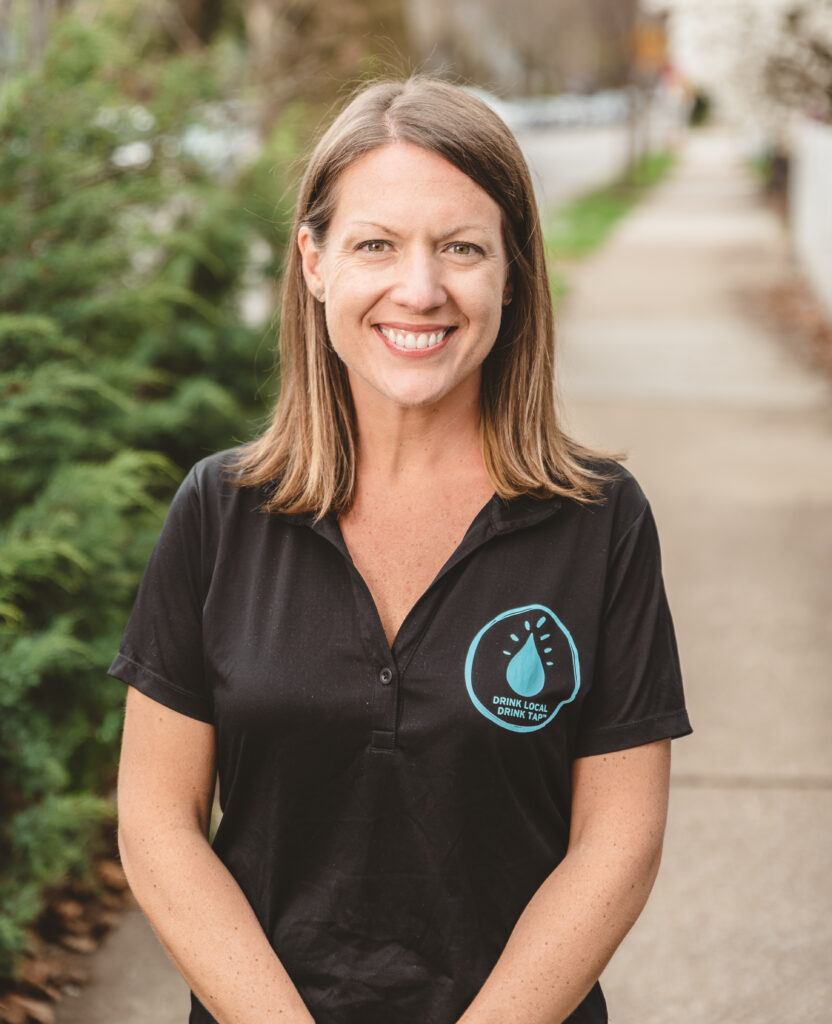
Join us for an inspirational conversation about what one person can really do to change the world. Erin Huber has been changing it for decades. Her work ethic, passion for helping others and amazing life journey is an inspiration for us all.
Here are a few highlights from our conversation:
Charity Matters: Tell us a little about what Drink Local Drink Tap does?
Erin Huber: Well, some people think it’s about beer. We actually work locally and globally to solve water quality and equity issues. In the States, specifically, mostly in Northeast Ohio, and in the North American Great Lakes region, we do water education and activism and engagement activities. Globally in East Africa in the other Great Lakes region of the world. We build water and sanitation projects in rural Uganda, and we’re solving water equity issues, they’re in a different way.
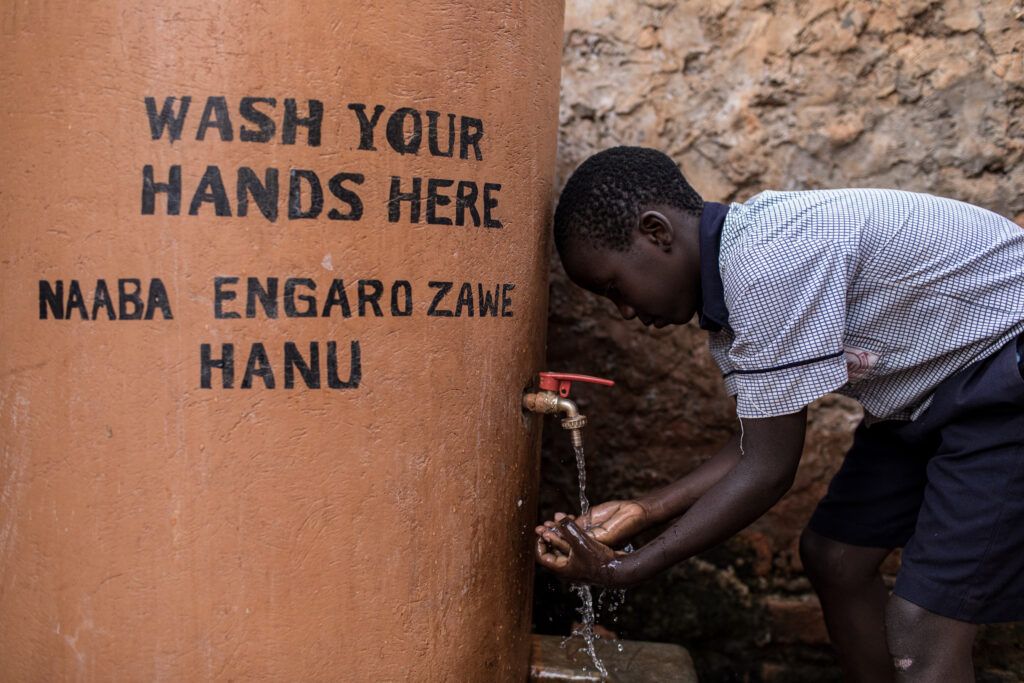
Charity Matters: What was the moment you knew you needed to act and start Drink Local Drink Tap?
Erin Huber: One thing that I always remember was my father teaching me to root for the underdog. He wanted me to help people or things that maybe didn’t have a voice that couldn’t speak up. That always stuck with me and he passed when I was 12. And just an awesome guy.
Right after my father passed, I was like, “How can I solve every problem in the world?” I went vegan, I didn’t want to hurt animals. I was picking up trash, I didn’t want to hurt the environment. As a teenager, I was protesting against drilling in the Arctic Refuge. And I was just trying to do everything from helping soup kitchens, to Big Brothers Big Sisters. When I was 16, I started volunteering at Habitat for Humanity. I was doing all kinds of soup kitchens on Sundays and holidays. And all of this happening, I ended up founding my first nonprofit when I was 16. It was called Covering Cleveland to help the homeless.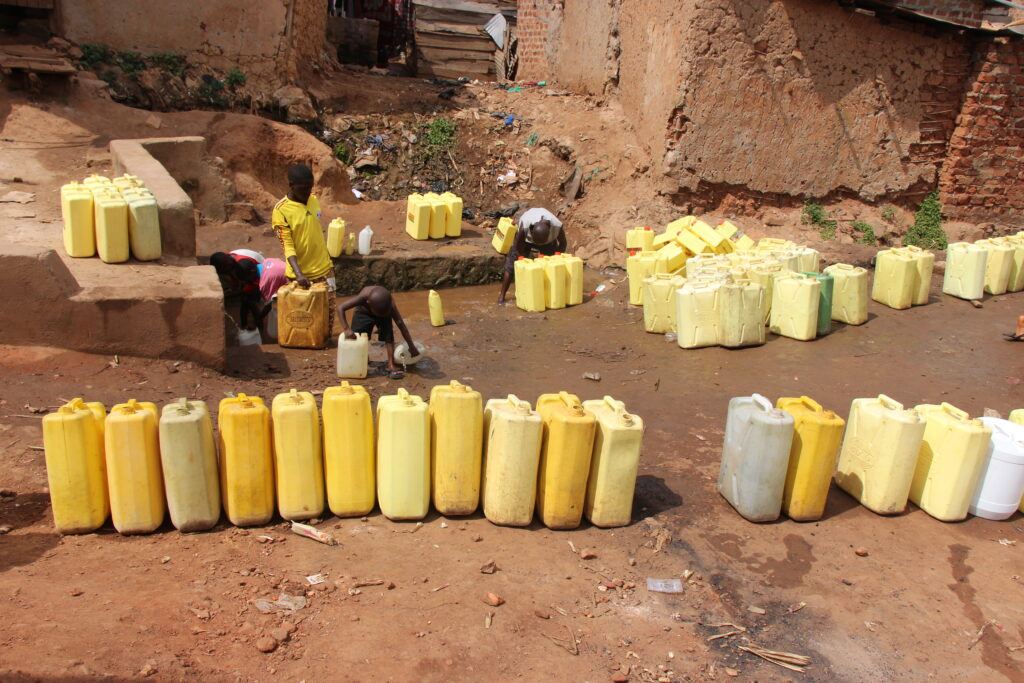
I was working three jobs and stayed in schools getting good grades. But then as I’m working three jobs and figuring out my life, I realized, Oh, I’m not going to have money for college. So I didn’t start college until I was 21 and I used those years to save up. By the time I reached Cleveland State, that’s when I kind of closed out Covering Cleveland. It had been such an awesome journey.
I knew that water was a thread for me. Water could help me touch the human and environmental issues that I cared about. Also, I knew I wanted to work in water. My first week of grad school, I went to this sustainable Cleveland summit and a bunch of people got together and decided we wanted to solve all the issues of the Great Lakes. Then the 10 of us came up with this drink local drink tap campaign. We said we can’t solve all the issues of our Great Lakes, but we can maybe get people not to drink out of plastic bottles. So we started this campaign, which accidentally became our name.
In 2010, I started an NGO (nonprofit) that’s now an international NGO. I never saw myself just working locally, I always saw myself working locally and globally. I had no clue how that was going to happen.
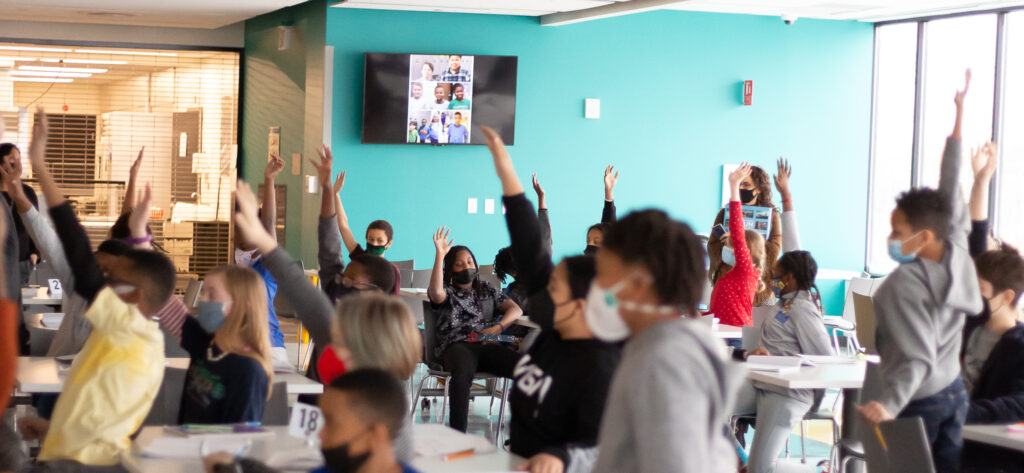
Charity Matters: What fuels you to keep doing this work?
Erin Huber: I think, two things. So with our local work, what I’ve loved seeing our WaveMaker program with youth grow over time. So I mean, just building curriculum to support teachers, hiring educators on our staff to be in classrooms teaching, zooming. While I’m in Africa, drilling a well, explaining the drilling process, showing them the village, having the kids talk to each other, that is awesome. And then we just published this book for teens to help them make an action plan to impact the problem they care about. So creating,
Charity Matters: When do you know you have made a difference?
Erin Huber: On the Uganda side of our work, just knowing every day that our projects are supplying 40,000 people with clean water every day and 16,000 people have toilets. It just keeps me going. I have a goal of helping 100,000 people with water and sanitation by 2030.
Charity Matters: If you could dream any dream for your organization, what would that be?
Erin Huber: I would love to see our curriculum and or this Make Waves for Change book for teens, everywhere in the US. I feel like young people today need an outlet to impact the problems that are so in front of them. It’s so different from when I was worried about solving all the world’s problems. I needed this book when I was a teen I can’t imagine the pressure and the stress that’s on teenagers today.
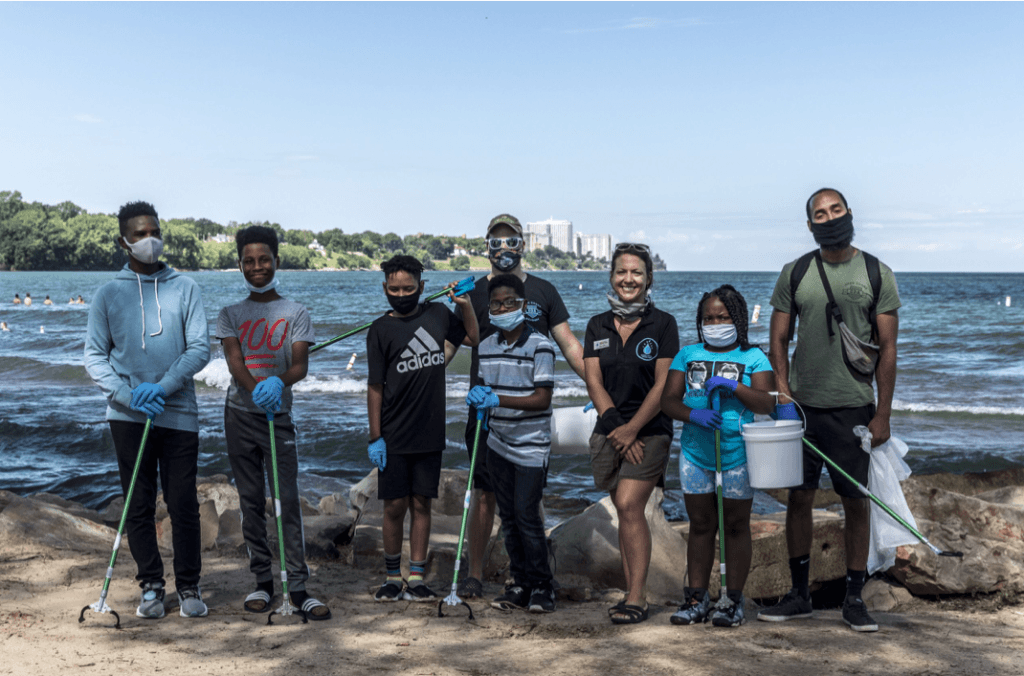
Globally. I would love to see rural water issues in Uganda go away. I think as countries develop what I’ve heard and seen in the water and sanitation sectors that cities are getting a lot of help rule water is a lot more difficult to prioritize. There’s less people, less voters, rest, money, money being put there. And so we really work from the bottom up with people who are probably not going to get helped by bigger, outside impact going on. I would love to see rural water, get the attention it deserves. Allow people to stay in their family’s land and be productive, healthy citizens of their communities.
Charity Matters: What life lessons have you learned from this experience?
Erin Huber: Oh, there’s, there’s so much. I guess what I’ve appreciated is that people are so complicated. I’m still trying to get better and learn from others. When I originally went to Africa, I thought I was bringing this thing to the table. I’m there a couple times a year and I just come back completely changed. Every time I learn so much about myself. I get humbled by the complexity of the world, the awesomeness of the world and the problems of the world. One big lesson is just to always be open to learning and changing and growing. Allowing your opinions to change and what you think you know, to change.
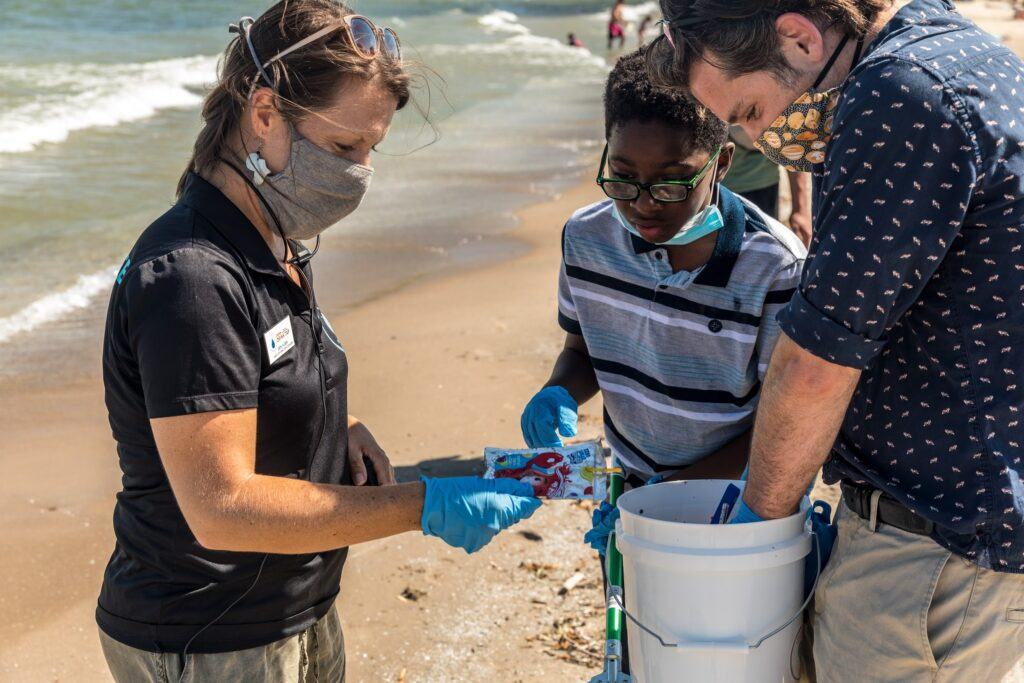
Charity Matters: How has this journey changed you?
Erin Huber: I’m very appreciative to be doing what I’m doing and to be focused on helping to solve some issues in the world. I think as a teenager, I was very overwhelmed. And I’m happy to be focused and water equity and quality issues. I think honestly, Drink Local Drink Tap probably saved my life. Otherwise I would have gone crazy from trying to solve all the worlds problems.
CHARITY MATTERS.
YOUR REFERRAL IS THE GREATEST COMPLIMENT, IF YOU ARE SO MOVED OR INSPIRED, WE WOULD LOVE YOU TO SHARE AND INSPIRE ANOTHER.
New episodes are released every Wednesday! If you enjoyed today’s episode, please connect with us:
- www.Charity-Matters.com
- On IG @Charitymatters
- Post a screenshot & key takeaway on your IG story and tag me @heidijohnsonoffical and @Charitymatters so we can repost you.
- Leave a positive review on Apple Podcasts
- Subscribe to new episodes each week!
Copyright © 2022 Charity Matters. This article may not be reproduced without explicit written permission; if you are not reading this in your newsreader, the site you are viewing is illegally infringing our copyright. We would be grateful if you contact us.

